The first punch landed, and my 118 pounds became airborne, crashing onto the unforgiving, damp earth of the boxing ring. It was 3 AM, the third night of my inaugural Gathering of the Juggalos, and I was blindfolded, trading blows in a makeshift ring with a woman who likely outweighed me by thirty pounds, her back emblazoned with a “Kill Yourself” T-shirt.
Driven by a primal urge to connect, I groped for her form, each swing fueled by a lifetime of anger, sadness, and anxiety. Every missed connection left me feeling adrift. My gloves grazed her skin with hesitant tenderness, but she was a force – faster, tougher, stronger. Each time she sent me reeling into the ropes or sprawling onto the ground – once even tumbling out of the ring – a strange ecstasy mingled with the pain and fear, a silent mantra: “Let it go. The angels will carry it the rest of the way.”
The Gathering of the Juggalos, an annual music festival birthed by Detroit rap duo Insane Clown Posse (ICP) in 2000, has morphed into a four-day spectacle, a dark carnival for dedicated fans, affectionately known as Juggalos. Currently hosted at the historic Legend Valley rock venue in Thornville, Ohio, the event on the night of my boxing match was a sensory overload: an electric cage match, a swirling foam party, a performance by Dallas rapper Lardi B, a mesmerizing fire-dancing circle adjacent to a fire-breathing laser harp, a haunted house, a blessedly air-conditioned movie screening, a UFO-themed hayride with ICP themselves promising an “alien probe adventure” (rumor had it, chromed dildos were involved), and of course, blindfolded boxing. We were the night’s main event, the grand prize? Free acid.
For over a decade, the Gathering’s outlandish reputation has been fodder for countless Vice articles, YouTube documentaries, and sensationalist media. In 2013, a Chicagoist journalist recounted an encounter with a man at the Gathering who, in a bizarre act, publicly severed his nipple to sell it to a man wanting to adorn his hat. Yet, beneath the surface of shock value, longtime attendees describe the Gathering as a family reunion, a sentiment common in subcultures that foster annual gatherings. But the Juggalo subculture, forged in the crucible of the 90s rust belt, is unique. Born from rust-belt freaks, heads, and hillbillies, it embodies a distinct blend: the Midwestern spirit of generosity, the DIY ethos of punk, and a welcoming embrace for the marginalized – the poor, the disabled, the queer, anyone deemed too strange for mainstream society.
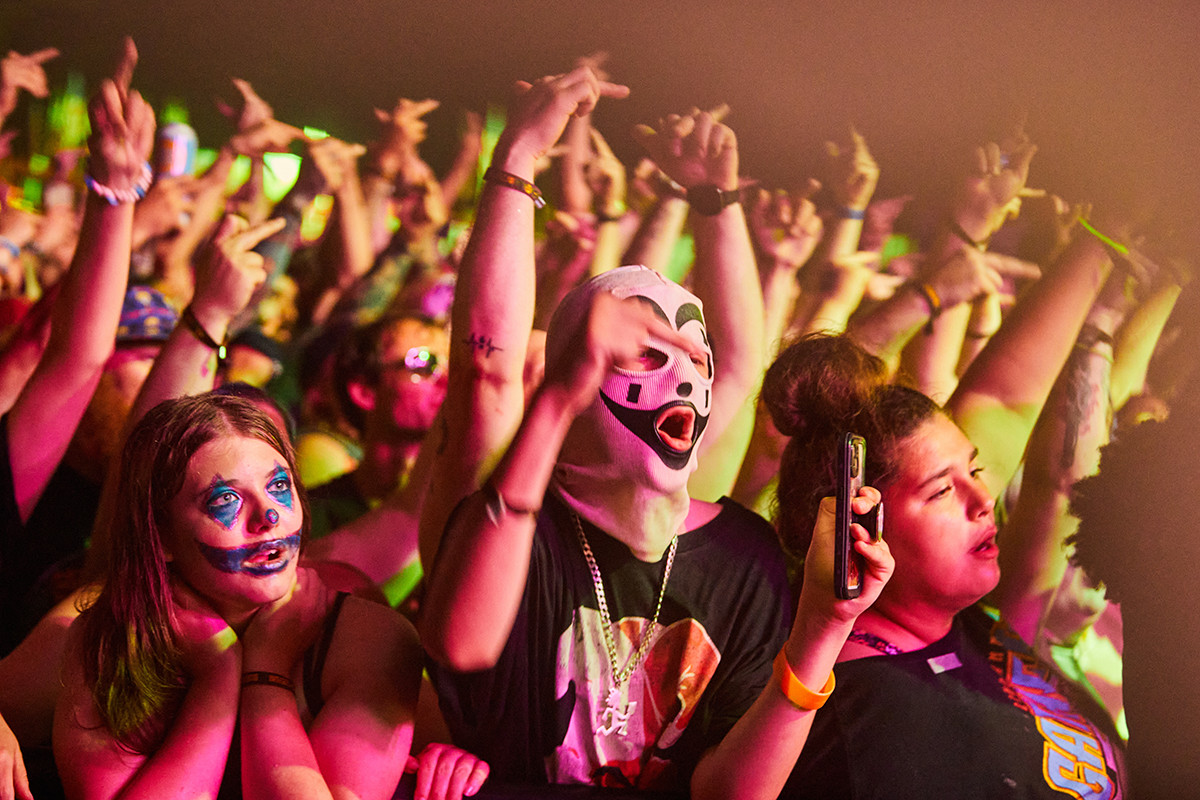 colored light bathes a cheering crowd, many of whom have their arms in the air and wear juggalo face paint
colored light bathes a cheering crowd, many of whom have their arms in the air and wear juggalo face paint
Sustained solely by its dedicated fanbase, without corporate backing, the Gathering thrives on a raw, joyous spirit of self-reliance, laughing defiantly in the face of adversity. Survivors of industrial decline, particularly low-wage earners prevalent in the rust belt, have long mastered the art of finding humor amidst hardship. This resilience, this ability to laugh it off, is at the heart of the Juggalo family.
As the blindfolded boxing match commenced – a spontaneous event orchestrated by festival attendees – the announcer directed my opponent and me to opposite corners. Two men offered reassurances that I could stop at any time. A third, gripping my neck, whispered in my ear like a boxing movie coach, warning me of my opponent’s ferocity, her dedicated preparation. Head games, I thought! He needed to ensure a spectacle for the crowd.
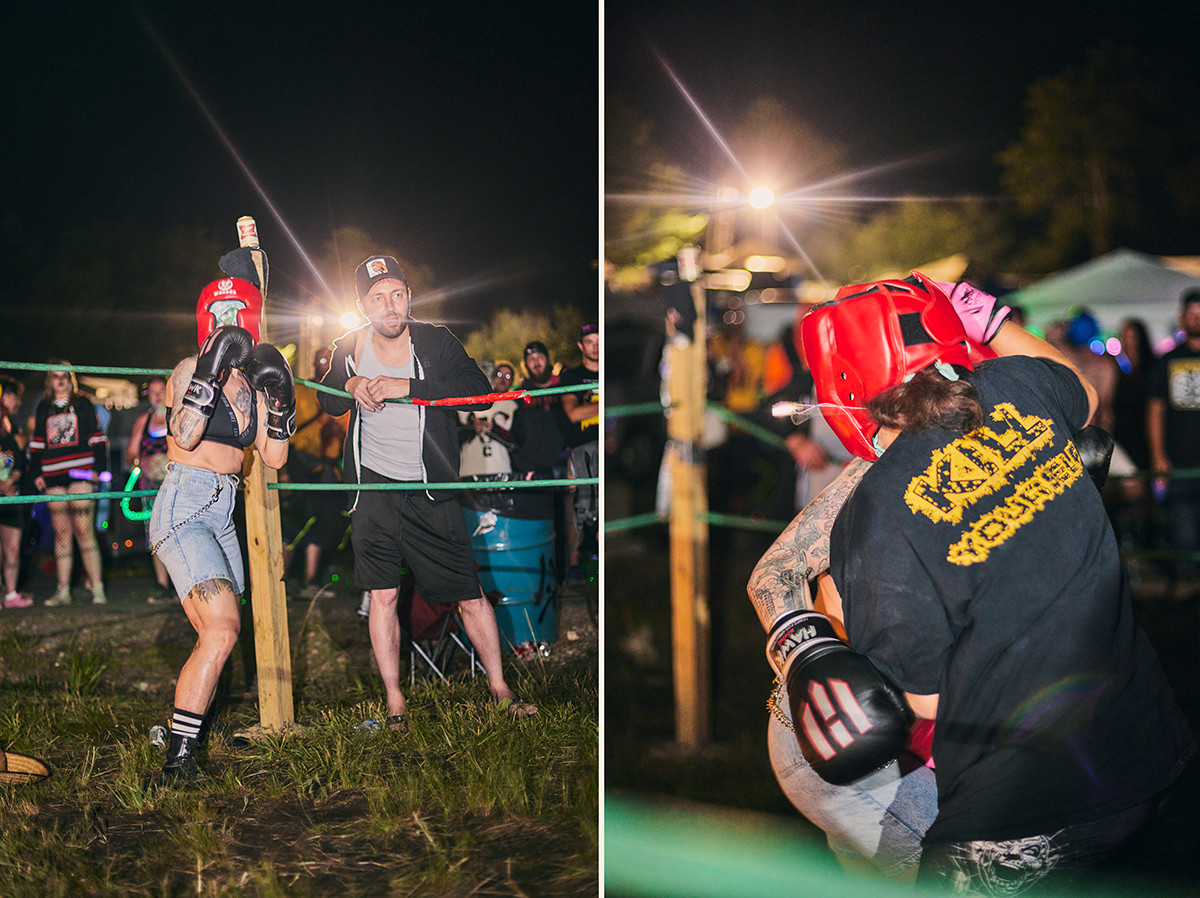 at left, a person wearing black boxing gloves and a blindfold under a red padded helmet stands with fists up in the corner of a makeshift grassy boxing ring with wooden corner posts; at right, the same person is pictured in a clinch with a similarly equipped opponent whose black T-shirt says
at left, a person wearing black boxing gloves and a blindfold under a red padded helmet stands with fists up in the corner of a makeshift grassy boxing ring with wooden corner posts; at right, the same person is pictured in a clinch with a similarly equipped opponent whose black T-shirt says
One man gloved my hands. Another draped a scarf across my face, and the first crowned me with a padded helmet. Darkness enveloped me, isolating me with the emotions that had led me to this moment. Resentment, rage, and heartache surged, yet intertwined with an Iggy Pop-esque lust for life. Iggy, a product of Detroit’s collapse, understood the same raw recklessness embraced by every Midwestern misfit, every member of this Juggalo family.
In the collective imagination, the decline of Detroit symbolizes the scars etched across the Midwest by environmental racism and corporate greed. Detroit was already three decades into its descent in 1990 when ICP, then known as Inner City Posse, cut their first tracks, reportedly using home karaoke machines. Techno, industrial, and hip-hop were simultaneously reaching their zenith in the region, and a defiant attitude, “laugh now, cry later,” permeated the rust-belt underground. This spirit became a foundational element of the Juggalo ethos.
ICP co-founders Violent J (Joseph Bruce) and Shaggy 2 Dope (Joseph Utsler) hail from Oak Park, Michigan, a working-class Detroit suburb where white residents, like them, are now in the minority. As children, Violent J and his brother, Robert, formed a bike gang called the Floobs, transforming their poverty into a badge of honor. Rummage sale clothes became uniforms, carefully selected brands and designs forging a common identity for their group, their early family. Shaggy became a chosen brother, and in junior high, he and Violent J taught themselves to wrestle, eventually establishing a league and staging shows – early displays of showmanship and community building that mirrored their bike gang.
Both ventures served as outlets for the restless energy born from chaotic childhoods. Before Violent J turned three, his father abandoned his mother, leaving her to raise three children on a janitor’s income. Her remarriage, driven by economic necessity, brought further trauma as her second husband sexually abused both sons. Shaggy too was raised by a single mother, a Taco Bell manager he described as a “big-time hippie” immersed in drug culture. By 18, both Violent J and Shaggy were high school dropouts, Violent J with a police record, and Shaggy battling addiction. Their shared experiences of hardship and resilience became the bedrock of their artistic partnership and the foundation for the family they would build with their fans.
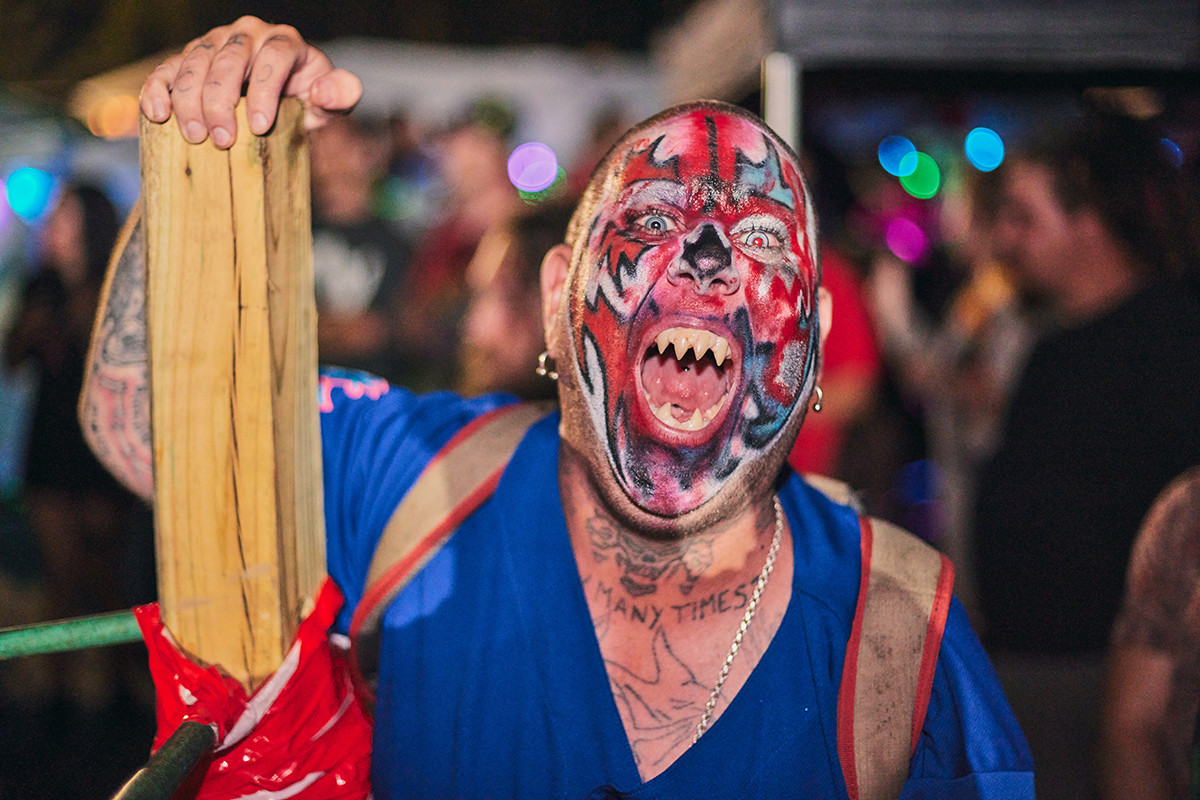 a man with close-cropped hair wearing red, black, and white demon-clown makeup opens his mouth wide to display sharp sharklike teeth
a man with close-cropped hair wearing red, black, and white demon-clown makeup opens his mouth wide to display sharp sharklike teeth
Inner City Posse’s debut professional release, the 1991 EP Dog Beats, a trio effort with Shaggy’s older brother, John, sampled Rod Stewart, George Clinton, and The Wizard of Oz, yet drew stylistic inspiration from gangster rappers like N.W.A. They were not gangsters in reality, but they navigated that world and its conflicts. Nor were they part of Detroit’s competitive hip-hop battle scene that birthed Eminem. Instead, they possessed punk hustle. Like aspiring hair-metal bands, they charmed print shop workers for free flyers, understanding the value of grassroots promotion.
Their signature face paint was unique, yet resonated with their Midwestern fanbase, evoking Alice Cooper and Kiss, the latter achieving breakthrough success with a 1975 live album partially recorded in Detroit. “It’s fun to paint your face and hide behind that,” Violent J explains in the 2021 documentary The United States of Insanity, “currently streaming free on Tubi.” “You already expect me to do something stupid because I’ve got clown paint on. I can fuck up now!” This embrace of the absurd, the willingness to be an outsider, became central to the Juggalo identity.
After sonic and stylistic experimentation, ICP drew inspiration from Esham, a Detroit hip-hop pioneer. They embraced cartoonishly violent, horror-infused imagery, building upon Esham’s “acid rap,” a Midwestern horrorcore subgenre he pioneered in the late 80s. In 1991, Violent J dreamt of a clown roaming his neighborhood and spirits in a traveling carnival speaking to him. These visions spurred a name change and provided the mythology for their Dark Carnival concept, a fantastical, macabre world that resonated deeply with their growing fanbase.
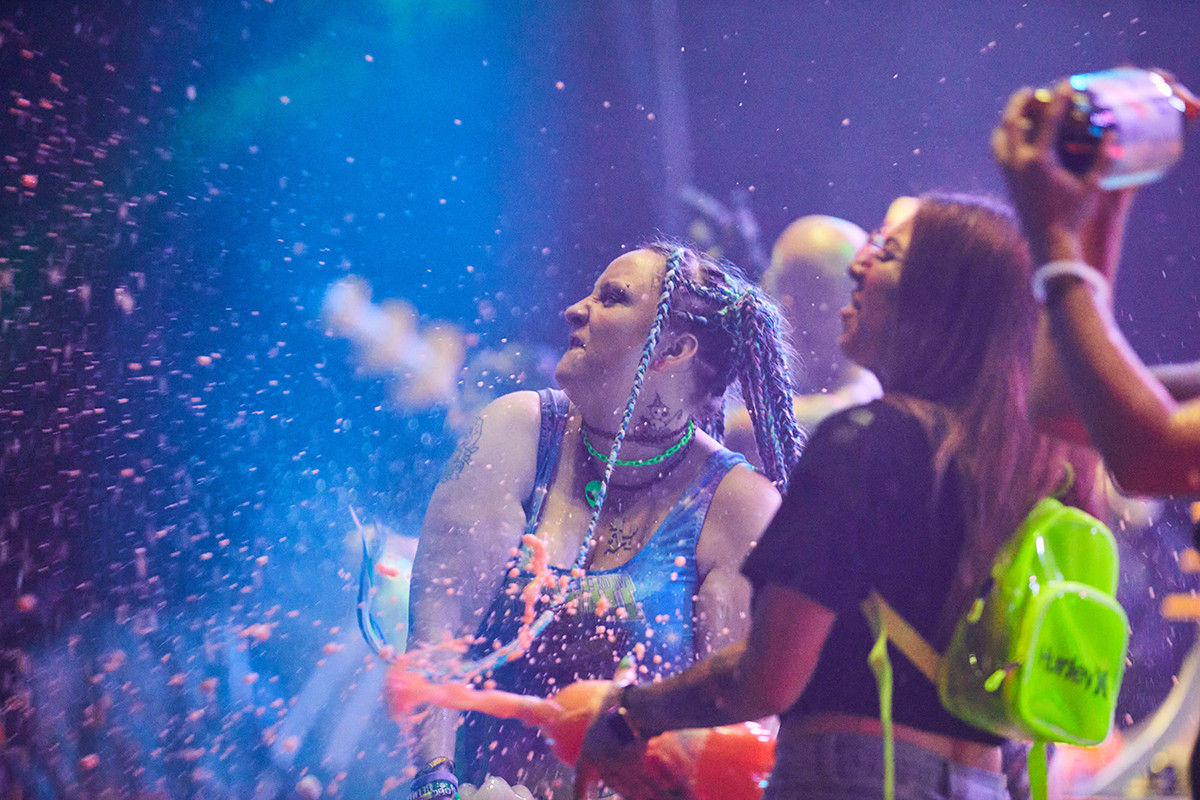 Fans spraying Faygo soda into the crowd from the stage during ICP’s Thursday performance, a ritual that embodies the chaotic and joyful spirit of the Juggalo family.
Fans spraying Faygo soda into the crowd from the stage during ICP’s Thursday performance, a ritual that embodies the chaotic and joyful spirit of the Juggalo family.
By 1992, John had departed, and the duo released their first record as Insane Clown Posse, Carnival of Carnage. Its cover, a menacing pink-and-blue clown against a black abyss, was “Nine Inch Nails’ Pretty Hate Machine for Jokers.” It was the inaugural release in their Joker’s Card series – six concept albums, each linked to a Dark Carnival spirit. These spirits gather souls destined for hell, recounting tales that reveal their wickedness, inviting self-reflection and the potential for redemption. Carnival of Carnage depicted brutal retribution awaiting the wealthy and the government for neglecting the working class, the very people ICP grew up amongst and who formed the core of their Juggalo family.
Since then, ICP has released fifteen studio albums and numerous EPs and singles – all through their independent label, Psychopathic Records, established in 1991. Psychopathic Records also launched the careers of artists like Twiztid and Blaze Ya Dead Homie (Esham signed in 2002), further expanding the Psychopathic family. In 1999, the duo founded Juggalo Championship Wrestling (JCW), an independent wrestling company, and ventured into direct-to-DVD movies, building a multimedia empire that catered directly to their fans.
ICP’s business model has always prioritized fan accessibility. Until recently, Violent J and Shaggy were often seen wandering the Gathering amongst the crowd. By producing and selling their own merchandise, ICP directly addresses the desires of their fanbase – people seeking raucous fun and a sense of community, a family built on shared experiences and mutual support.
One thing ICP understands about their fans is their appreciation for tangible experiences. In another United States of Insanity interview, Violent J quipped, “You can’t download a thong.” This emphasis on the physical, the real, resonates deeply within the Juggalo family.
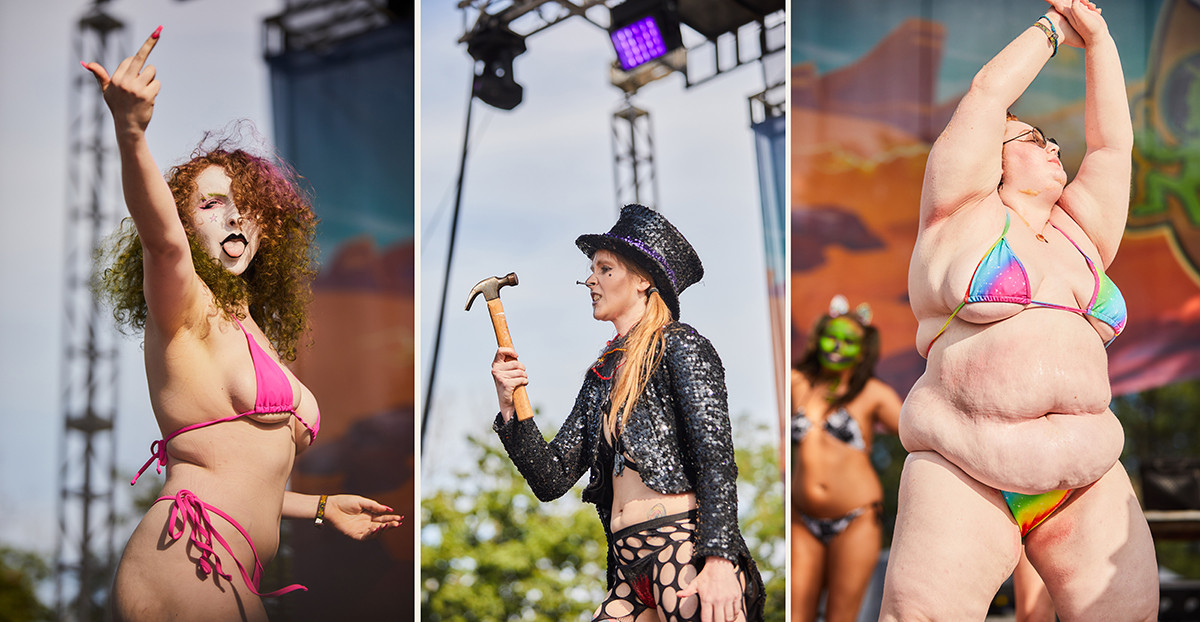 three contestants in the Miss Jugalette pageant, one flipping off the crowd in a red bikini, one hammering a nail up her own nose in a black cropped tuxedo jacket and top hat, and one dancing with her arms over her head in a rainbow-colored bikini
three contestants in the Miss Jugalette pageant, one flipping off the crowd in a red bikini, one hammering a nail up her own nose in a black cropped tuxedo jacket and top hat, and one dancing with her arms over her head in a rainbow-colored bikini
At this year’s Gathering, I witnessed a man miming taking a photo of an elaborately dressed group. “Get an actual picture!” a woman yelled. “It’ll last longer!”
“Why the fuck would I be on my phone?” the man retorted, laughing. “I’m at the Gathering!” This sentiment encapsulates the Gathering experience – a rejection of digital detachment in favor of real-world connection and shared moments, a core tenet of the Family Juggalo.
 Spectators enjoying the Miss Jugalette pageant on Saturday afternoon, demonstrating the sense of camaraderie and shared entertainment within the Juggalo Gathering.
Spectators enjoying the Miss Jugalette pageant on Saturday afternoon, demonstrating the sense of camaraderie and shared entertainment within the Juggalo Gathering.
The Gathering, initially a two-day event in Novi, Michigan, expanded and relocated across the Midwest. From 2007 to 2013, Cave-in-Rock, Illinois, hosted the festival, but escalating tensions with locals, bounced checks to vendors, and soaring insurance premiums (fueled by the FBI’s classification of Juggalos as a gang) forced a move to Legend Valley. This 230-acre Ohio expanse, dotted with stages and life-sized dinosaur sculptures, immediately evoked my teenage summers working at the Ohio Renaissance Festival near Harveysburg, Ohio, an hour southwest.
Renaissance Festival workers (“Rennies”) and carnies share a cultural kinship, drawn to spectacle and transience. Working these rural events feels like being marooned on an island, tasked with maintaining the illusion of a fleeting journey to the 16th century. This shared experience breeds camaraderie. Gossip networks and after-hours rituals emerge, and insiders develop a shared language, distinguishing themselves from casual attendees. Guests, performers, and vendors endure open-field parking, underserviced portable toilets, extreme weather, and questionable food. Many wear uncomfortable costumes. It’s a chaotic marketplace and a temporary autonomous zone, requiring a particular kind of person to not just survive, but thrive. The Gathering mirrors this, amplified by the shared Juggalo identity.
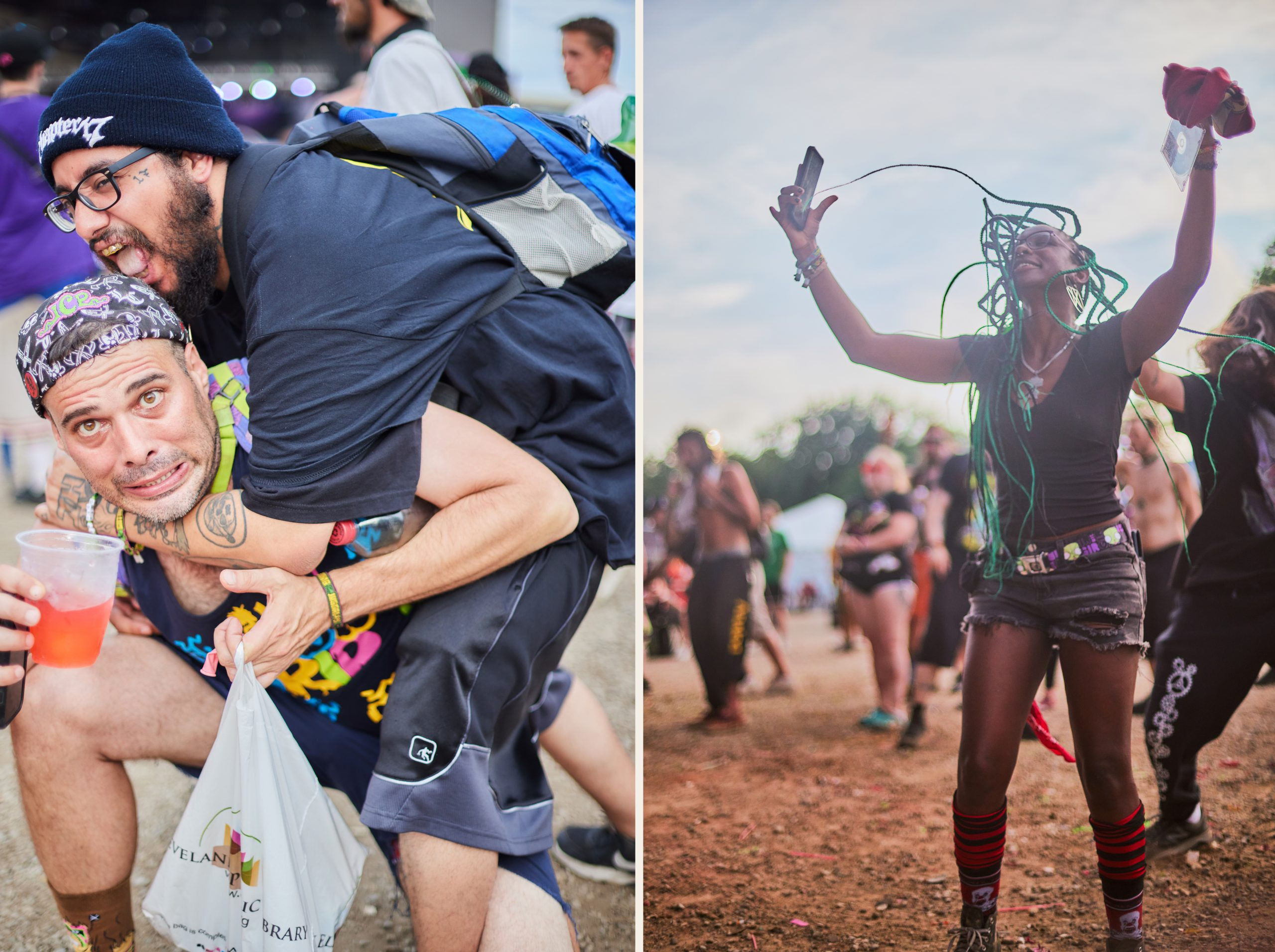 at left, a fan pretends to put another in a headlock, and the quote-unquote victim grimaces comically; at right, a dancer tosses long braids in the air and raises her arms over her head
at left, a fan pretends to put another in a headlock, and the quote-unquote victim grimaces comically; at right, a dancer tosses long braids in the air and raises her arms over her head
The Gathering is all that, but with LSD in the air. Social and legal boundaries blur, allowing open drug sales, fan-organized chaos, and bootleg merchandise to coexist with uniformed police, authorized vendors, and the permits necessary for such a large event. This controlled chaos is part of the allure for the Juggalo family.
Being an ICP fan demands commitment, not just to the demanding Gathering experience, but to enduring the widespread perception of Juggalos as idiots and losers. Even ICP, despite their success, are far from wealthy, constantly hustling to support their families and their empire. Decades of being punchlines certainly don’t help, a shared experience with their audience, their family.
Around the turn of the millennium, USA Today twice listed ICP albums among the “worst of the year.” Spin labeled them a modern minstrel act. In 2003, Blender deemed them the worst artist of all time, and in 2013, GQ ranked them the worst rappers ever. This constant barrage of negativity, these outside attacks, serve only to strengthen the bonds within the Juggalo family.
Every major label deal ICP has signed has imploded. Most dramatically in 1997, The Great Milenko, released through Disney subsidiary Hollywood Records, was pulled hours after release. ICP was dropped, their 25-city tour canceled.
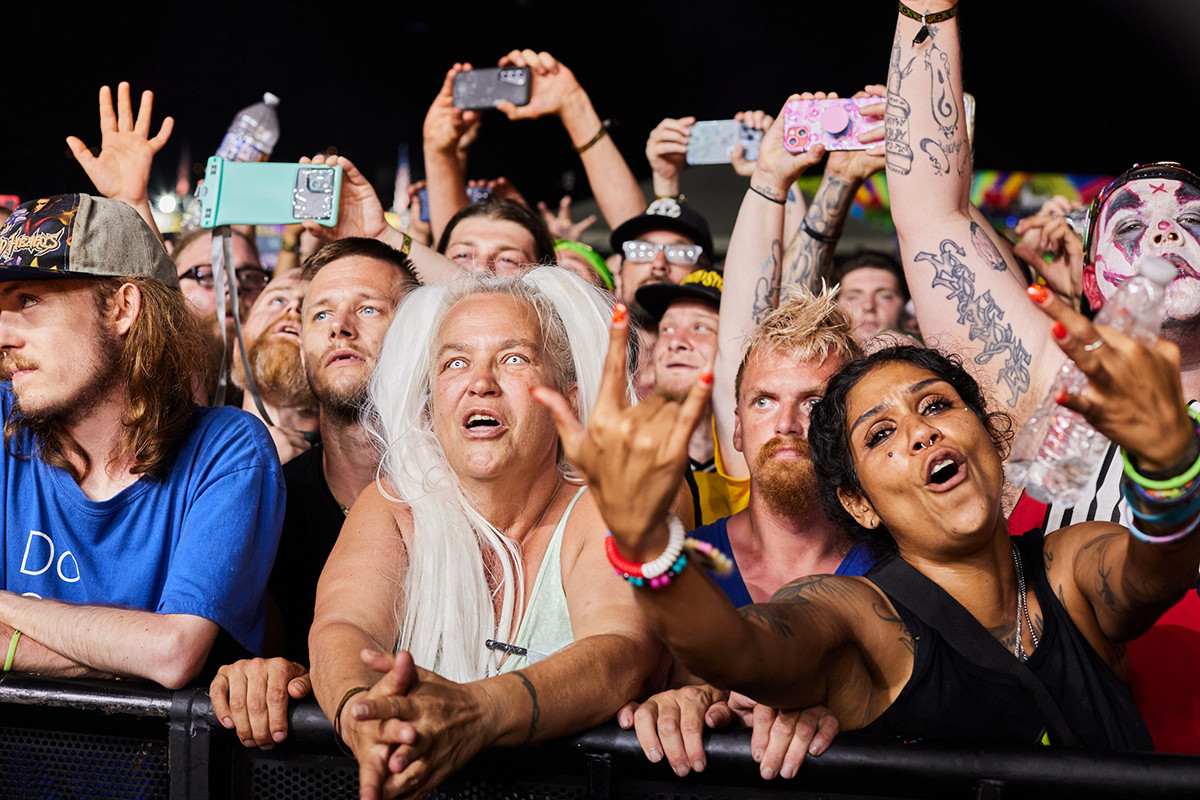 a view into a festival crowd from right in front of the stage, with lots of people holding phones in the air; you can see a white-haired woman with light-colored contact lenses, someone wearing white, black, and red juggalo-style clown face paint, and lots of tattoos
a view into a festival crowd from right in front of the stage, with lots of people holding phones in the air; you can see a white-haired woman with light-colored contact lenses, someone wearing white, black, and red juggalo-style clown face paint, and lots of tattoos
“When the lyrics of the Insane Clown Posse album were brought to the attention of senior management, the decision was made that they were inappropriate for a product released under any label of our company,” Hollywood stated. Re-released by Island weeks later, The Great Milenko went platinum.
In 1999, Sharon Osbourne bet ICP $50,000 that their Island double album Bizzar/Bizaar wouldn’t sell 200,000 copies. It sold over 500,000, achieving gold certification. Osbourne never paid, though ICP suggested she donate to charity in their name. MTV, in its TRL era, refused ICP airplay. In 2000, when around 100 Juggalos gathered outside MTV’s New York studio to support phone and email requests for ICP, Viacom had them removed. These rejections from mainstream media and entertainment further solidified the Juggalos’ sense of being an outsider family.
The 2011 FBI National Gang Threat Assessment labeling Juggalos a gang – based on flimsy local news reports – led Hot Topic to stop selling ICP merchandise. The United States of Insanity documentary details how Juggalos lost jobs, custody battles, and security clearances due to this classification. ICP provided legal aid at the Gathering that year, helping fans document the fallout. They launched a website (now defunct) to collect testimonies and fought unsuccessfully to overturn the classification.
ICP lost a 2014 lawsuit against the FBI, aided by the Michigan ACLU, when a district court ruled the gang watch list was merely information for local law enforcement, absolving the FBI of responsibility for police harassment of Juggalos. At the 2017 Juggalo March on Washington, roughly 1,500 fans rallied for free speech, dwarfing a simultaneous Trump rally. Yet, the U.S. Court of Appeals for the Sixth Circuit delivered another defeat in 2017, leaving only the Supreme Court untested. Juggalos remain on the gang list. This unjust label, this governmental persecution, ironically strengthened the Juggalo family’s resolve and sense of unity.
In 2018, Consequence of Sound reviewed a declassified 2011 FBI report revealing ludicrous conclusions about Juggalos, vindicating many – the gang classification was clearly absurd. But the hurt persists. While ubiquitous camera surveillance now makes face recognition easier, Juggalo face paint surprisingly thwarts facial recognition software. To be a Juggalo is to endure – to absorb blow after blow and keep fighting, a testament to the resilience of the family Juggalo.
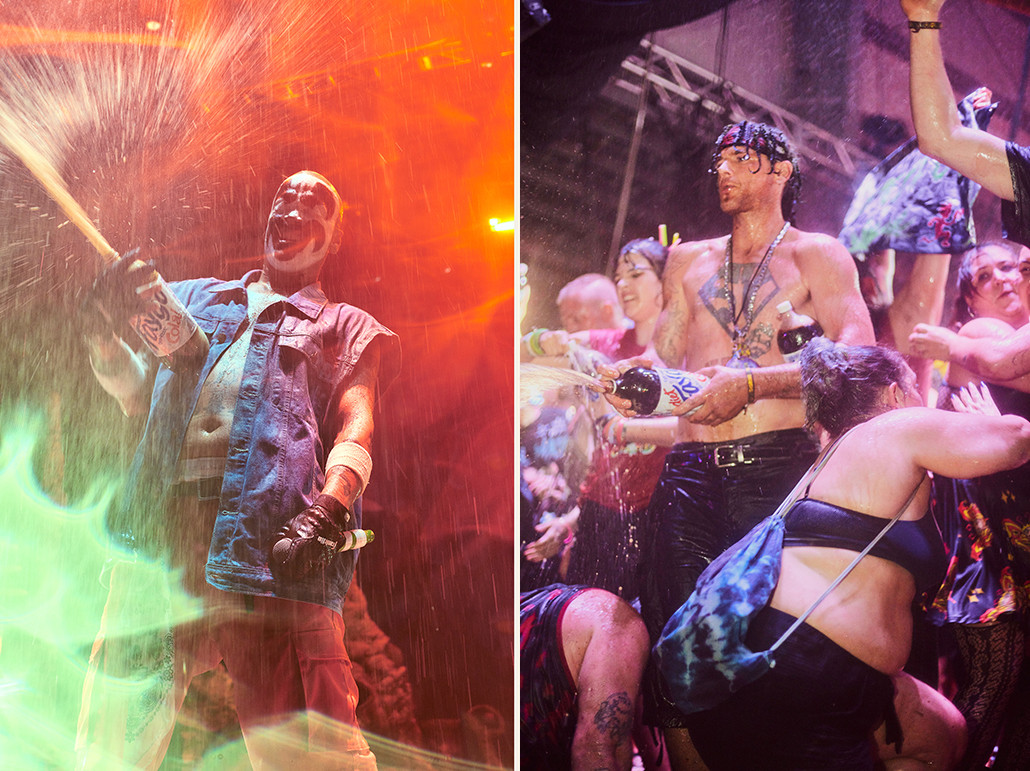 Shaggy 2 Dope spraying Faygo soda during ICP’s Thursday performance (left) and fans celebrating after ICP’s Saturday set, chanting “Family! Family!” (right), demonstrating the central role of family within the Juggalo culture.
Shaggy 2 Dope spraying Faygo soda during ICP’s Thursday performance (left) and fans celebrating after ICP’s Saturday set, chanting “Family! Family!” (right), demonstrating the central role of family within the Juggalo culture.
On the boxing ring floor after my first fall, hands reached down to help me up.
“Are you OK?” a man asked. “Do you want to continue?”
“How many rounds?” I asked, adrenaline surging.
“You can stop whenever you want,” he reminded me.
“Let’s go,” I said, letting him guide me until my gloves met my opponent’s. The bell rang, and a blow to the jaw jolted my bottom teeth, feeling inches out of alignment. Two more rounds, the last ending with me on the ground, a raw elbow scrape, and my opponent declared victor.
As someone removed my helmet, he said, “You can really take a punch!”
“You’re scrappy!” another added, clapping my back. “She was coming in hard, but you really got in there!”
I resisted a corny retort (“Only thing that breaks about me is my heart”). Instead, I laughed and thanked them. The public aggression felt surprisingly intimate. I felt affirmed in my masculinity and vulnerability, vibrantly alive, exhilarated by the reminder of my body’s fragility and mortality. This raw, honest physicality is embraced within the Juggalo family.
A festivalgoer applies face paint at her campsite before the Ouija Macc set on Friday night. Credit: Sarah Joyce for Chicago Reader
A festivalgoer applying face paint at her campsite before the Ouija Macc set on Friday night, highlighting the importance of visual identity and self-expression within the Juggalo community.
I had been a journalist for four or five years when I changed my social media handles to @JuggaloReporter. The persona emerged around the time I started testosterone. I had always felt like a gender imposter, not quite a girl, not fully a man. Those closest to me understood this for decades, but acknowledging it publicly became crucial with hormone replacement therapy.
Being trans and being a Juggalo share common ground – ridicule, abuse from strangers, governmental opposition, systemic discrimination. My daily battle is with doctors and insurance companies for hormone therapy, not cops or bosses for music choice, but the shared struggle for acceptance and self-definition forges a connection, a sense of family.
Growing up as the youngest of five girls, I never fit in. My ethnically ambiguous name blurred gender lines. Born this way or chosen this life? The question feels increasingly irrelevant. Choice or not, rewriting my body through procedures, interventions, and circumstances is compelling. I’m simply existing, like anyone, and this body feels uniquely mine. This journey of self-discovery and acceptance resonates with the Juggalo ethos of embracing individuality within a supportive family.
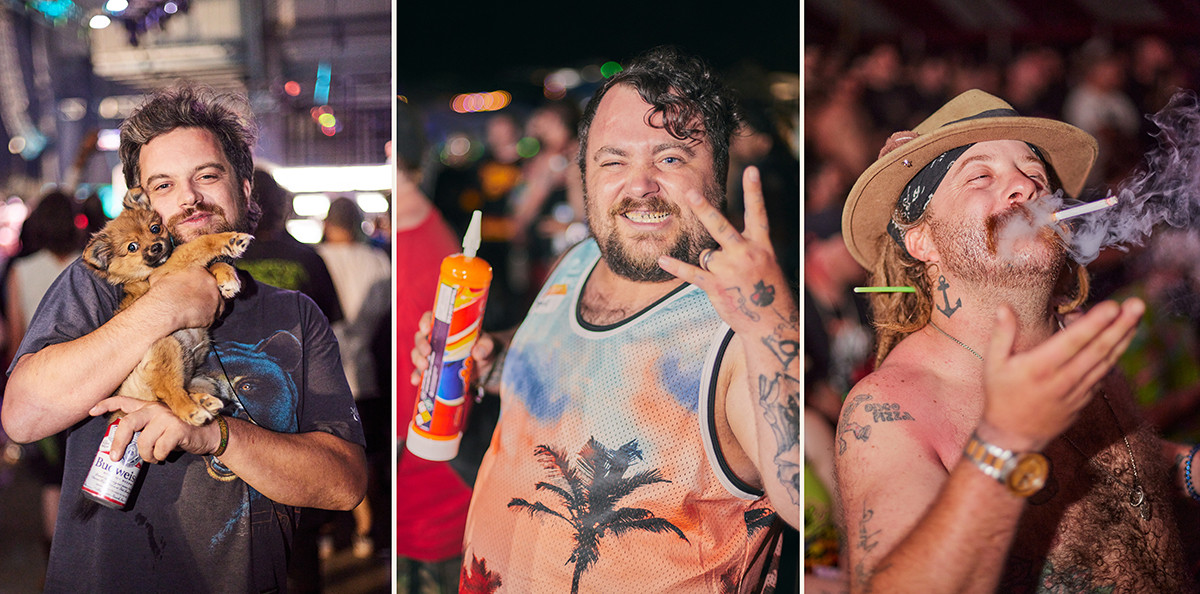 Three festivalgoers on Friday night: one holding a puppy named Bobby Sparkles (left), another watching the blindfolded boxing matches (center), and a third anticipating the Queen of Cheeks competition (right), showcasing the diverse personalities and interests within the Juggalo family.
Three festivalgoers on Friday night: one holding a puppy named Bobby Sparkles (left), another watching the blindfolded boxing matches (center), and a third anticipating the Queen of Cheeks competition (right), showcasing the diverse personalities and interests within the Juggalo family.
Born in a Homearama house bathtub in Mason, Ohio, across from Kings Island amusement park (coincidentally sharing haunted-house actors with the Gathering). My family couldn’t afford to go, but nightly fireworks over our backyard marked the end of each day’s adventures.
When my older sisters got Kings Island summer jobs, free tickets flooded in. Around 11 or 12, my next youngest sister and I were dropped off to spend afternoons on roller coasters at what was then Paramount’s Kings Island, now Cedar Fair’s.
My last Kings Island visit at 24 revealed how intellectual property rights had warped my memories. Rides had multiple names. Ghostly remnants of vanished signs and features haunted the manicured landscape – a letter shadow on a wall, the Scooby-Doo Mystery Machine rebranded. Even a place dedicated to joy was tainted by capitalistic forces and unpredictable, often violent change. Maintaining identity in this system requires imagination. This sense of loss, of things being taken and changed, is a shared experience that binds the Juggalo family, many of whom come from areas impacted by economic hardship and change.
Estranged from my family now. Childhood modeling yielded no earnings, home life was chaotic, abusive, violent. Middle school fights, high school truancy, suspension, dropout after the bank foreclosed. Summer couch surfing at 16, then moving in with a sister. In 2009, leaving Ohio for college at 22, I was still couch surfing, nude modeling, tattoo shop work for years.
At 19, deep in my anarchist phase, I got a sleeve of bombed-out buildings with plants sprouting. Nature reclaiming civilization, I thought then, now I see beauty overcoming decay. CPTSD warped my emotional landscape into an industrial wasteland, yet I constantly seek patches of green, fresh growth, new meaning, beauty – or simply jokes! – amidst disaster. Laughter is my greatest love. This ability to find beauty in decay, humor in hardship, is a defining characteristic of the Juggalo spirit and the family they have created.
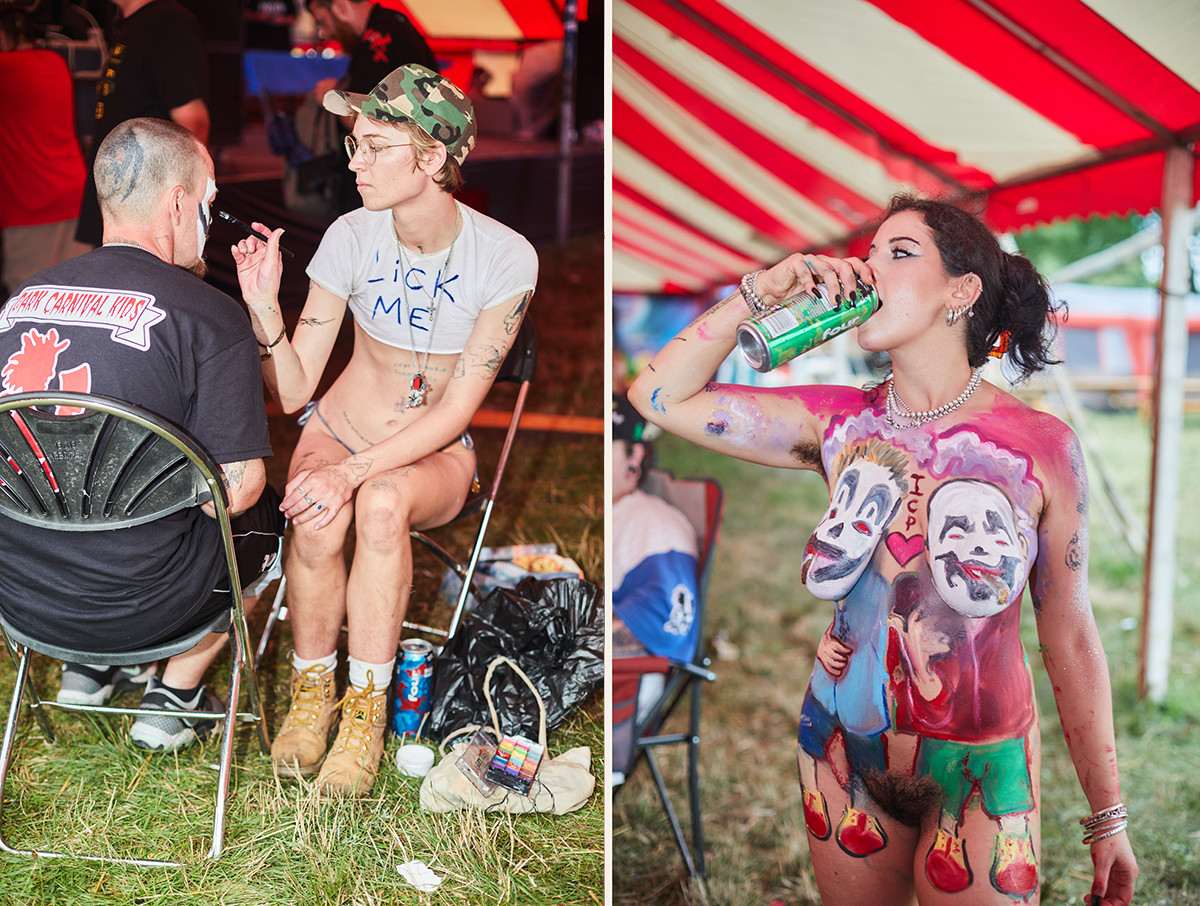 At left, a person in a cap and cropped T-shirt reading
At left, a person in a cap and cropped T-shirt reading
Everyone in Ohio knows Juggalos, but Stevie sparked my curiosity. He and his brother were regulars at India’s tattoo shop, where I worked, bringing her garden vegetables and treats, inked or not. Stevie drove a school bus for special-needs children, greeting each child by name daily. His mother delivered homemade Christmas cookies to the shop annually, even after an accident limited her mobility.
Stevie’s mangled middle finger, a result of an accident, became a statement at ICP shows, waved defiantly to the band. He tattooed “FUCK YOU” on it for emphasis, paying with $12, moonshine, and sugar cookies.
Over 15 years later, I remember Stevie as one of the kindest, gentlest souls I’ve known. The contrast with his and his brother’s Insane Clown Posse fandom was striking. Anticipation for shows and Gatherings revealed a different side: wild, indulgent, ecstatic, free. ICP provided an outlet, a designated space and time for uninhibited expression with kindred spirits, enabling them to return to their everyday lives with more kindness and openness. This transformative power of the Juggalo community, offering a space for release and acceptance, is what defines the family Juggalo.
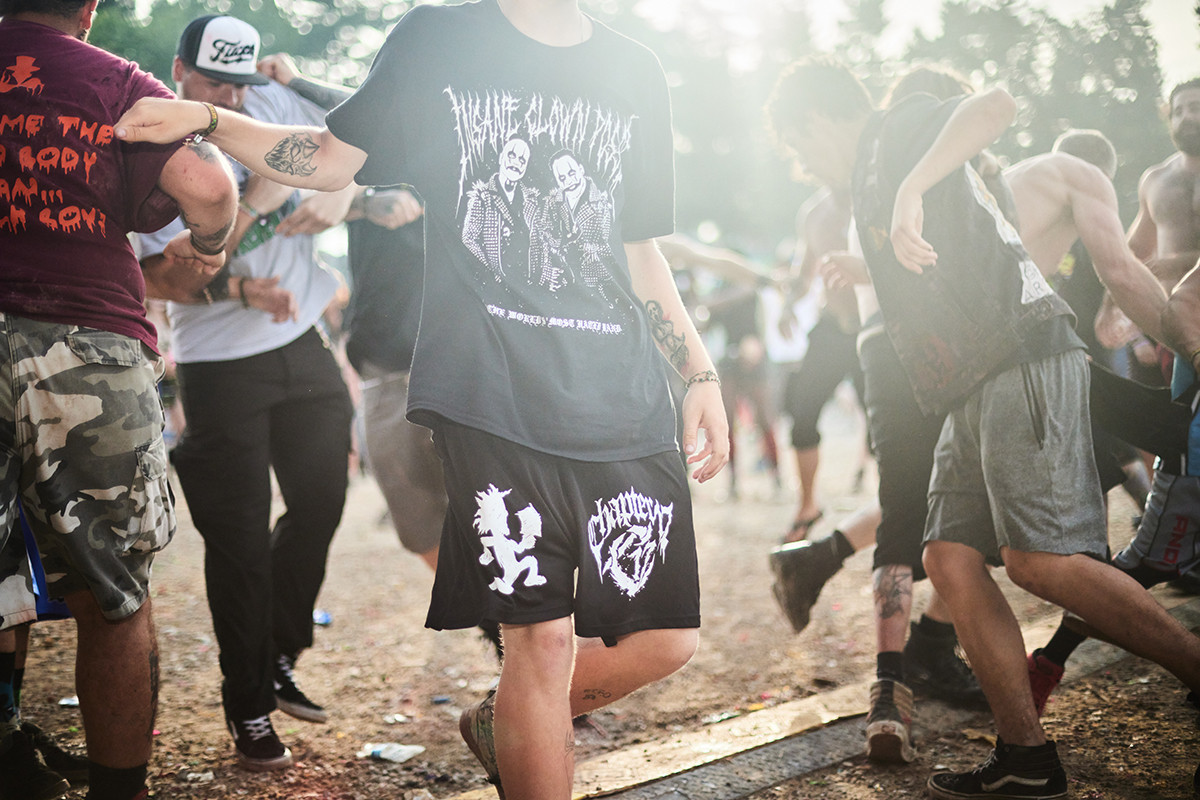 fans mosh in the dirt, and in the foreground is a dance in a black Insane Clown Posse T-shirt and long black Hatchetman shorts
fans mosh in the dirt, and in the foreground is a dance in a black Insane Clown Posse T-shirt and long black Hatchetman shorts
People notice my @JuggaloReporter handle, asking if I’m a Juggalo journalist or a journalist for Juggalos. I smile and evade the question.
If I don’t know ICP lyrics and just attended my first Gathering, can I be a Juggalo? How many Juggalos must read my work to call them my “audience”?
Like questioning gender identity, defining “Juggalo” feels complex. ICP’s “What Is a Juggalo” offers a humorous, exaggerated definition: “Oh, he gets butt naked / And then he walks through the streets, winking at the freaks / With a two-liter stuck in his butt cheeks / What is a juggalo? He just don’t care (don’t care) / He might try to put a weave in his nut hair / ’Cause he could give a fuck less what a bitch thinks / He tell her that her butt stinks and all that.” While tongue-in-cheek, it captures the rebellious, outsider spirit.
Attending the Gathering, my first Ohio visit since 2019, felt like a stronger homecoming than visiting family. This sense of belonging, of finding family among strangers, is the essence of the Juggalo experience.
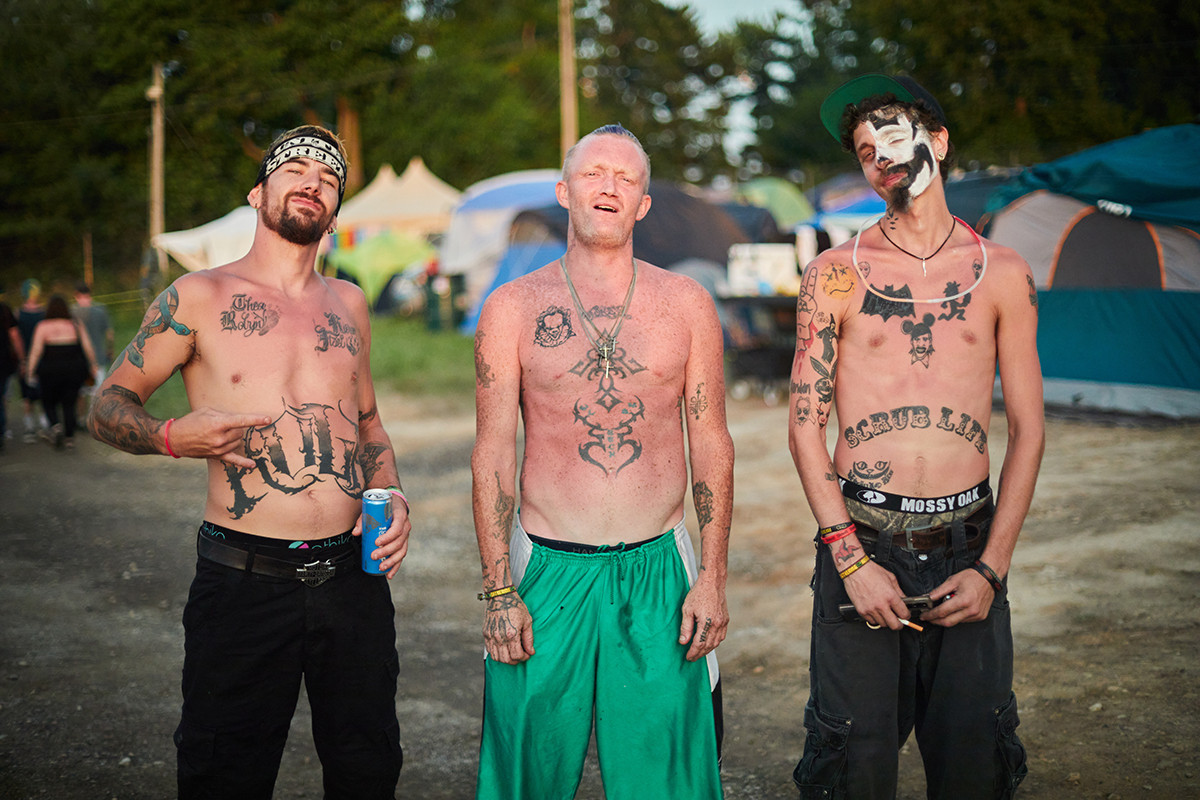 Three skinny shirtless men stand in a row, all facing the camera, with lots of tattoos (one reads
Three skinny shirtless men stand in a row, all facing the camera, with lots of tattoos (one reads
The experience is intense. Camping, no generators, constant stimulation – from toilet signs threatening legal action for improper waste disposal to bottle rockets launched from buttocks.
Official rules exist – authorized vendors only, selling ICP-licensed merchandise. But unofficial rules prevail – pop-up shops in campsites, bootleg ICP merch abounds. Many attendees are entertainers – sideshow performers, strippers, circus acts, OnlyFans creators – performing freely at the Gathering, gifts to friends, part of the family exchange.
Drugs, nudity, sex are prevalent. If that’s not your vibe, the Gathering isn’t for you. Several women suggested Juggalos offer the best sex, “They’re not afraid of what they like,” one said. “They just let it all out,” added another. This uninhibited freedom is a key aspect of the Juggalo Gathering.
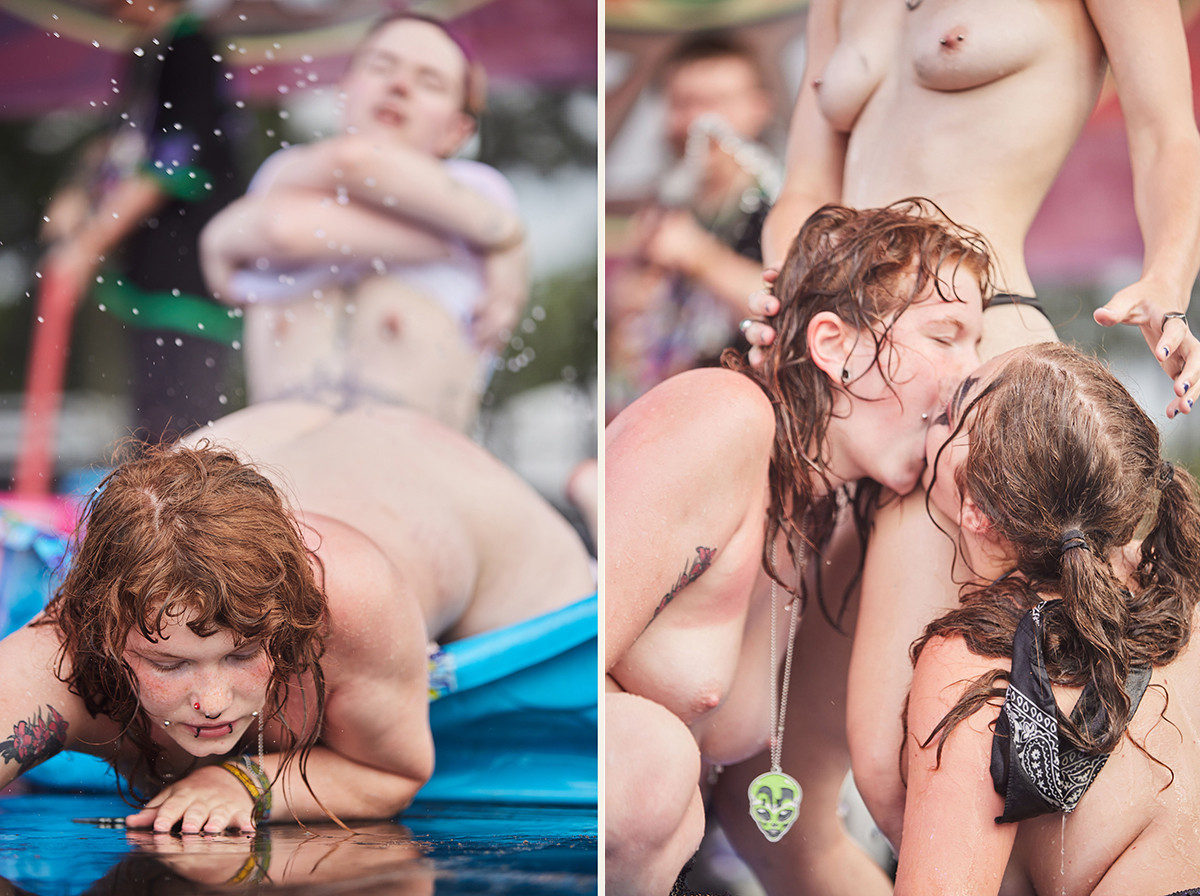 shirtless or naked women play and kiss in kiddie pools onstage
shirtless or naked women play and kiss in kiddie pools onstage
The Gathering’s vastness allows escape from unwanted elements. Alcoholics Anonymous meetings occur daily, sober spaces are designated. Quiet areas with games and movies offer “destimulation rooms.” Harm-reduction sites provide fentanyl test strips, Narcan, and volunteer Narcan Ninjas patrol, equipped to administer the life-saving nasal spray. This focus on harm reduction and community care demonstrates the family-oriented nature of the Gathering.
Spent nitrous cartridges and condoms were visible, but so were unattended books on anti-racism in a circle – a paused reading group. Free boxes overflowed with clothes, games, books, even unopened sex toys.
Overpriced carnival food was available, but free water, meals, and snacks were constantly offered, or directions to them given. “Do you need anything?” was a frequent question. Day two, post-tattoo, a woman offered watermelon. “Thought you could use the sugars!” she beamed. This generosity, this looking out for one another, is the heart of the family Juggalo.
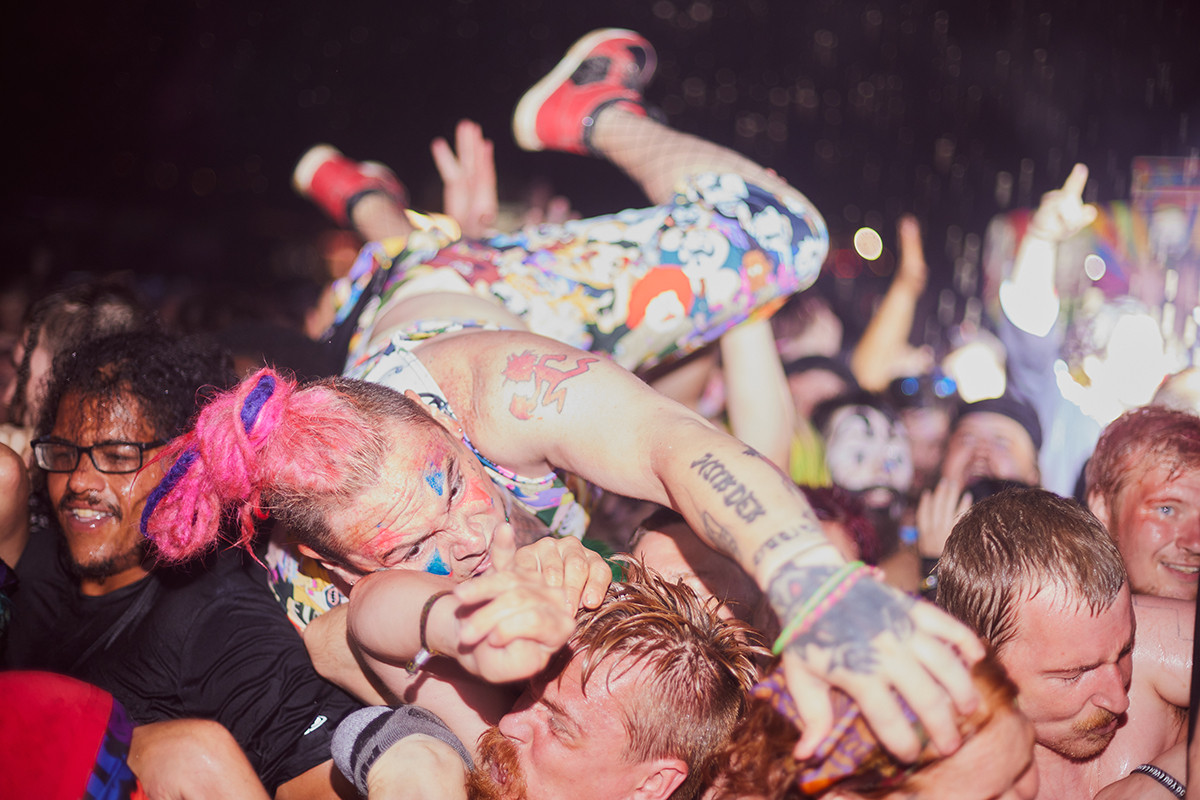 a colorfully dressed person with a dyed pink topknot crowd-surfs face-down atop several other sweaty fans—some are smiling, some look to be struggling to hold the surfer aloft
a colorfully dressed person with a dyed pink topknot crowd-surfs face-down atop several other sweaty fans—some are smiling, some look to be struggling to hold the surfer aloft
During ICP’s first night set, LCS Security Services guards, contracted by Legend Valley, showed remarkable patience. Front rows threw people over the security fence onto them. Faygo two-liters, inflatable toys, bottle rockets flew. ICP sprays Faygo and throws open bottles into the crowd, a tradition called “Faygo annihilation” or “Faygo armageddon,” leading many venues to refuse hosting them.
Watching fans collapse into guards’ arms resembled Michelangelo’s Pietà. Day three, I asked a guard about Gathering-specific instructions (none given) and how Juggalo crowds compared.
“You see a lot more ignorant shit,” he admitted. But fights, overdoses, and party fouls were no higher, perhaps even lower, than other festivals. “This audience is wilder for sure, but everyone’s pretty good about trying to be safe,” he said. “We know people come here to have a good time—whatever that looks like to them—so we try to be humane.” He described his fellow guards and crew as his four-day family, looking forward to the Gathering annually. Even those tasked with security become part of the Juggalo family experience.
I understand why. My income is the highest ever, yet still modest. Friends urge job changes. Leaving Chicago annually is rare, travel budgets tight.
But after four Gathering days, I spent just over $100 on souvenirs, returning with a large tattoo, an eighth of mushrooms, 600mg edibles, acid, a wallet chain, a silly cup, tchotchkes (Juggalo exchange tokens), and two concert tees worth over $400 each on eBay.
A man unearthed a Nine Inch Nails Self Destruct Tour tee from a trunk after a Pee-wee Herman conversation, deeming me “someone who’s into industrial music.” “About this shirt—if you so much as consider touching it, I will make you regret being born.” Not for bragging or investment, I bought it as a reminder of a time of needs met and whims indulged, presence, relaxation, joy – rare for me. I wear the memory like a second skin. These shared moments, these unexpected gifts and connections, are the treasures of the family Juggalo.
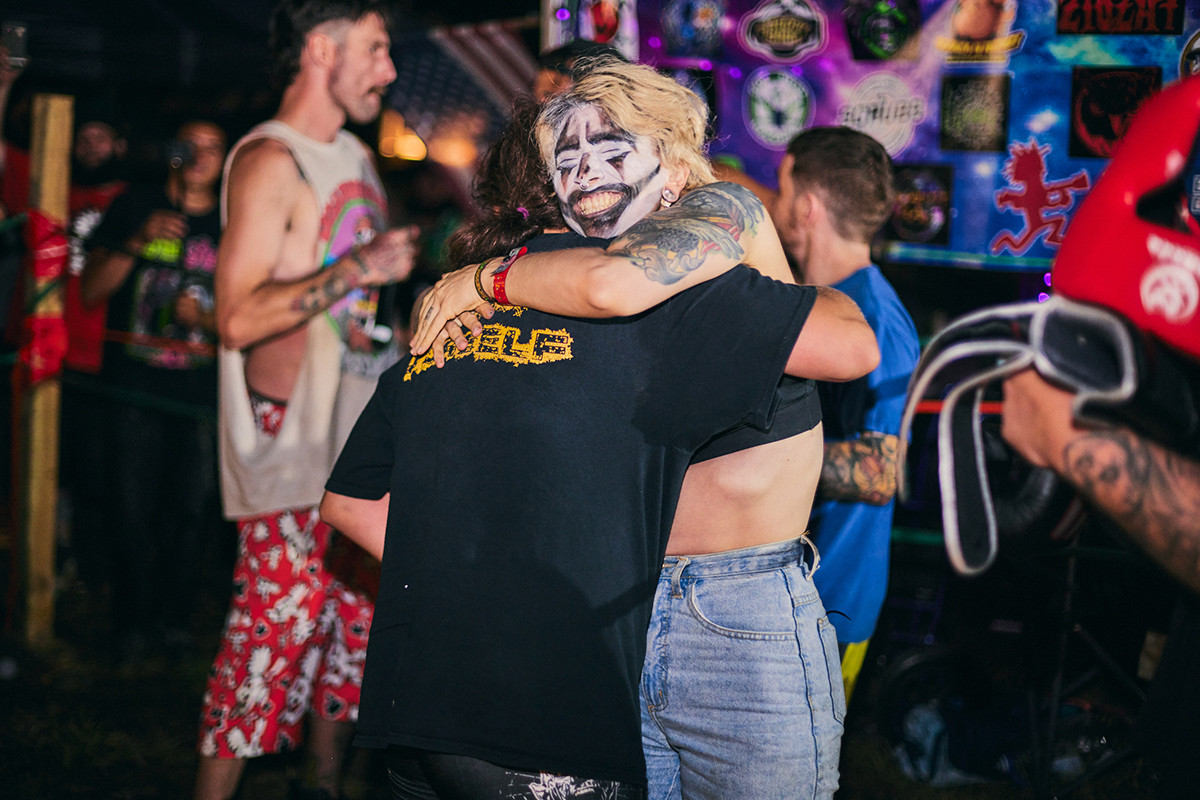 A smiling person wearing black-and-white clown makeup hugs someone whose back is to the camera, so that you can read part of the slogan
A smiling person wearing black-and-white clown makeup hugs someone whose back is to the camera, so that you can read part of the slogan
Post-match, my opponent asked to hug. Everyone hugged post-match, and I had enjoyed myself. I smiled, embracing her. Breaking away, she said, “Thank you so much. You don’t know what this means to me. Thank you.”
I laughed. “Aw, honey, I was happy to! I had fun!”
“No,” she insisted, “you don’t understand. I’ve had a really bad month.”
“Oh, me too, me too,” I said. “I had some demons to let out.”
“No,” she repeated, “I had a really bad month.” A dam broke, words gushing out, first in spurts, then waves.
Her child’s father had tried to murder her. Boxing was for safety, anger processing. She brought pink gloves, hoping to use them. The pre-match warning wasn’t showmanship; it was genuine.
I asked to hug again, holding her tighter, hand on her head, murmuring, “You’re OK now. You’re OK.” This shared vulnerability, this offering of support and comfort, is a defining characteristic of the family Juggalo.
Many come to the Gathering with demons to exorcise, especially those demonized by society. Day one, I watched the Mr. Juggalo Pageant, the running joke being the same annual winner. The talent portion variety struck me.
Wheelchair tricks, a long, sad anime song in Japanese, simply showing a hole. One contestant stood out. Spazz, Oakland-born, said Juggalo meant empowerment. He had the audience fold their arms, chanting “Who’s the shit?” “We’s the shit!” “All that shit holding you back? Struggling on? Weighing you down?” “Fuck that shit!”
His intensity escalated, inviting reflection on struggles’ lessons. The tent roared with affirmation. For talent, Spazz performed tai chi to a Psychopathic Records track. This message of empowerment, of overcoming adversity together, resonates deeply within the Juggalo family.
Next day, getting tattooed under an awning, I saw Spazz greeting distant rain, face to clouds, eyes closed, like a watered flower. He joined me, talking as the tattooer worked.
 Spazz soaking up the rain near a dinosaur statue (left) and the sun setting over the Gathering campground (right), capturing moments of peace and reflection within the vibrant festival environment.
Spazz soaking up the rain near a dinosaur statue (left) and the sun setting over the Gathering campground (right), capturing moments of peace and reflection within the vibrant festival environment.
Spazz grew up in a gang-ridden neighborhood, parents battling addiction. Stepfather abuse, disbelieved by school. Grandmother’s custody attempts failed. Early on, he felt alone against the world.
“All that stuff had made me very suicidal, depressed, and confused,” he said, “but then I found ICP. They saved my whole life. They told me the world’s fucked up, and sometimes bad shit happens for no reason. But you can find reasons to laugh anyway. You can find reasons to keep coming back. My childhood was robbed from me, but they gave me a second one. I learned how to be happy again.” ICP and the Juggalo community offered Spazz a lifeline, a family to belong to.
Now 32, Spazz left Oakland in his early 20s. FBI gang classification led to police profiling, station stops, Juggalo tattoo photos. Hassles persist, but he meditates daily, studies shamanism, kicked drug addiction years ago, feels in control. He even had an “exorcism.”
It involved locating pain in his body, naming, shaping, coloring it, asking its lessons, then visualizing its removal. Similar techniques exist in trauma-informed color therapy and PTSD treatments requiring insurance. This focus on healing and self-improvement, often through unconventional means, is part of the Juggalo family’s approach to life.
“Everything has energy,” he said. “Some of us are meant for greatness, and others are great at being mediocre. Does each blade of grass worry how good it is, or can we appreciate the sum of their beauty? . . . If you treat everything as sacred and divine, that’s what it becomes. If you treat everything as nothing and you just, like, cut down a tree to build a birdhouse, you’re not recognizing that that tree already was a birdhouse. It’s your choice what energy you bring and encourage.” This philosophy of acceptance, of finding the sacred in the mundane, is a core tenet of the Juggalo family.
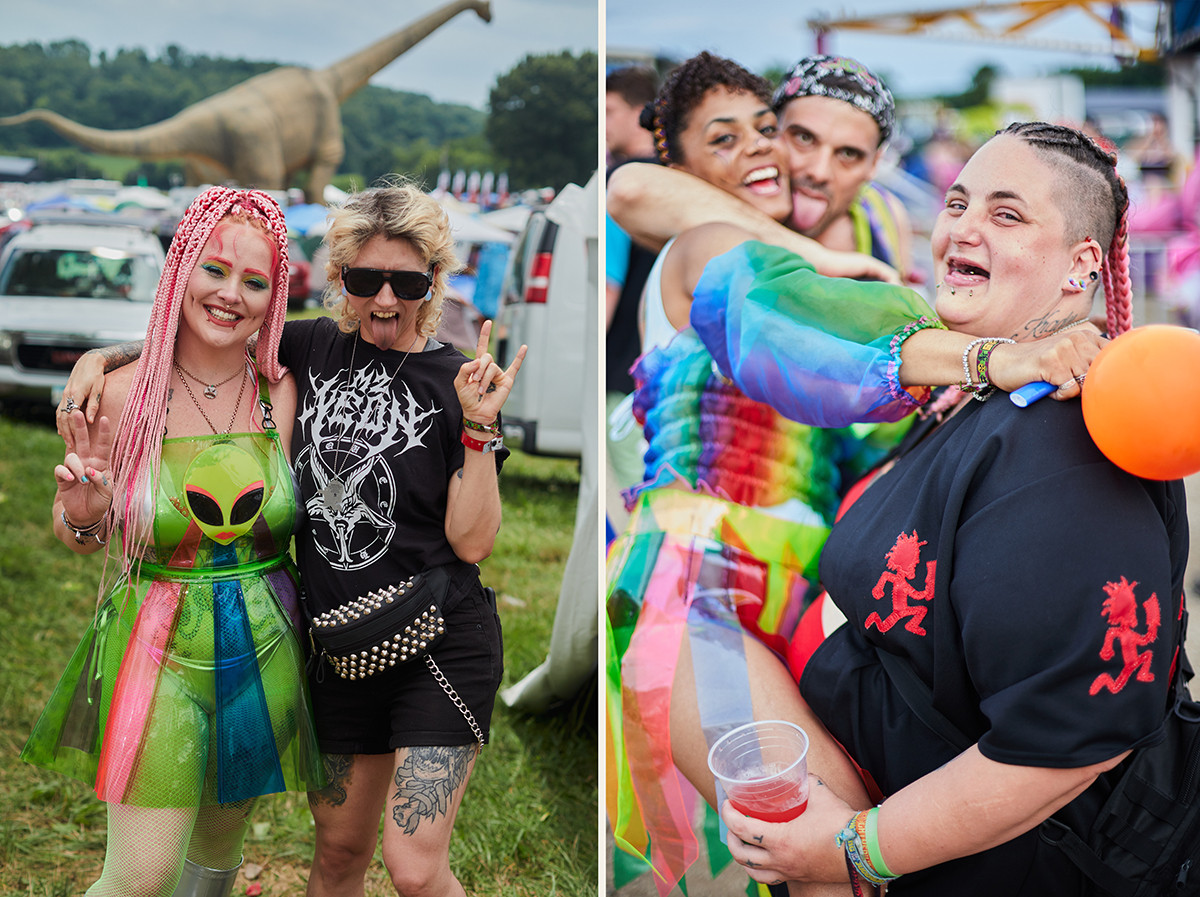 at left, a woman with long pink braids and a translucent green alien-motif dress posts with a person in all black with a studded fanny pack and dark sunglasses; at right, two colorfully dressed fans horse around with a third who
at left, a woman with long pink braids and a translucent green alien-motif dress posts with a person in all black with a studded fanny pack and dark sunglasses; at right, two colorfully dressed fans horse around with a third who
I met Jamie in the vendor marketplace on day one. Fifth Gathering, first as a business owner. Like Spazz, addiction-struggling parents, Dallas upbringing. Punk and ICP-loving uncle introduced her to a missing community. Teenage motherhood at 15, job, apartment. Now 28, D-Town Jewelers owner with fiancé Parker, growing from online automotive rims to custom grills and jewelry (even for ICP). Parker, 11 years sober thanks to his Juggalo family. Jamie learned parenting skills from her Juggalo peers. This intergenerational support and mentorship within the Juggalo family is vital.
Jamie’s 13-year-old son expressed Gathering interest. She explained the experience, expectations, limitations, like nudity and rude comments. He considered, then said, “Mom, I don’t think I’m ready.” She’s excited for when he is, to pass on the tradition and get him off his phone.
“I haven’t used my phone out here,” she said. “Signal’s weak, many phones died. You know where friends are, what to do, no need for internet. Good reset. Appreciate home comforts like air-conditioning!” The Gathering offers a digital detox, a return to real-world interactions and community, strengthening family bonds.
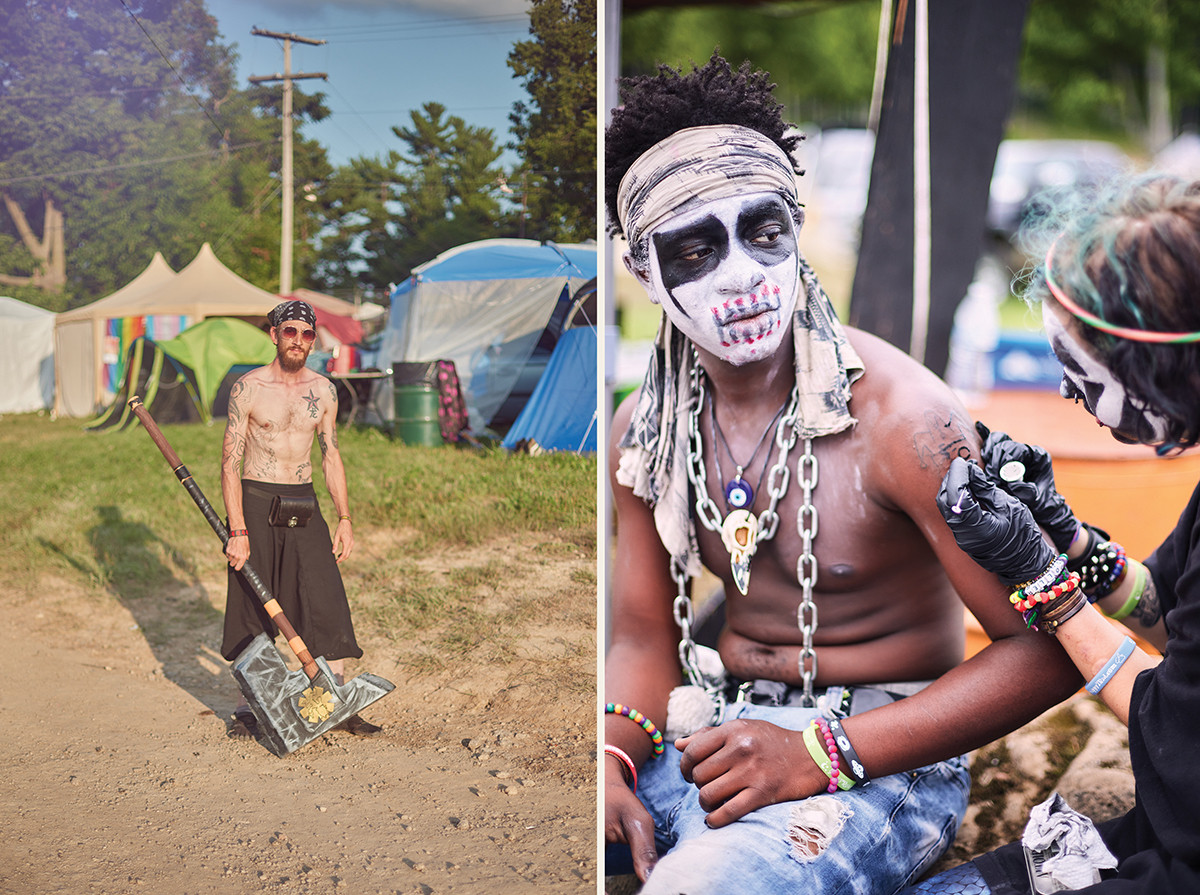 Two photos: At left, a shirtless tattooed man in a do-rag and sunglasses holds a Warhammer-style battle-ax with a blade twice the size of his head. At right, a shirtless man with skull face paint who
Two photos: At left, a shirtless tattooed man in a do-rag and sunglasses holds a Warhammer-style battle-ax with a blade twice the size of his head. At right, a shirtless man with skull face paint who
Kyle was noticeable. Day one, on stage by a “competitive endurance hotbox,” in massive Warhammer-style armor and stilts.
14-year Gathering veteran. Initially drawn to partying, stayed for the family. Family coalesced around 1998, with ICP supergroup Dark Lotus. Philadelphia party, jumped, companions abandoned him, Dark Lotus show-goers intervened.
“They pulled up, ‘You OK? You good?’ Saved my ass, offered a ride, but heading to a concert. Asked if I wanted to go, bought a ticket, decked me out. Never felt so welcomed. Strangers treating me like longtime friends. After that, noticed family elements at the Gathering. Partying interest waned.” This instant acceptance, this willingness to embrace a stranger as family, is the core of the Juggalo ethos.
Many Juggalos feel the 2017 Dark Lotus breakup, and preceding drama – Twiztid’s label launch, masters fight, poaching Psychopathic rapper Young Wicked – fractured the family. Kyle notes increased gatekeeping – “true” Juggalo vs. “juff” (poser) arguments, debates about “right” Juggalo behavior.
Some claim true Juggalos shun Twiztid, or that a specific Gathering year was the last “real” one. Last year, Kyle created his foam armor suit, detailed with band names, Juggalo symbols, Psychopathic Records references, adding stilts this year. “The Gatekeeper,” he calls it, inspiring community service and creativity.
“People are forgetting older traditions,” Kyle said, “reminding us of our group love.” His “Gatekeeper” persona serves as a reminder of the unifying power of the Juggalo family and its shared history.
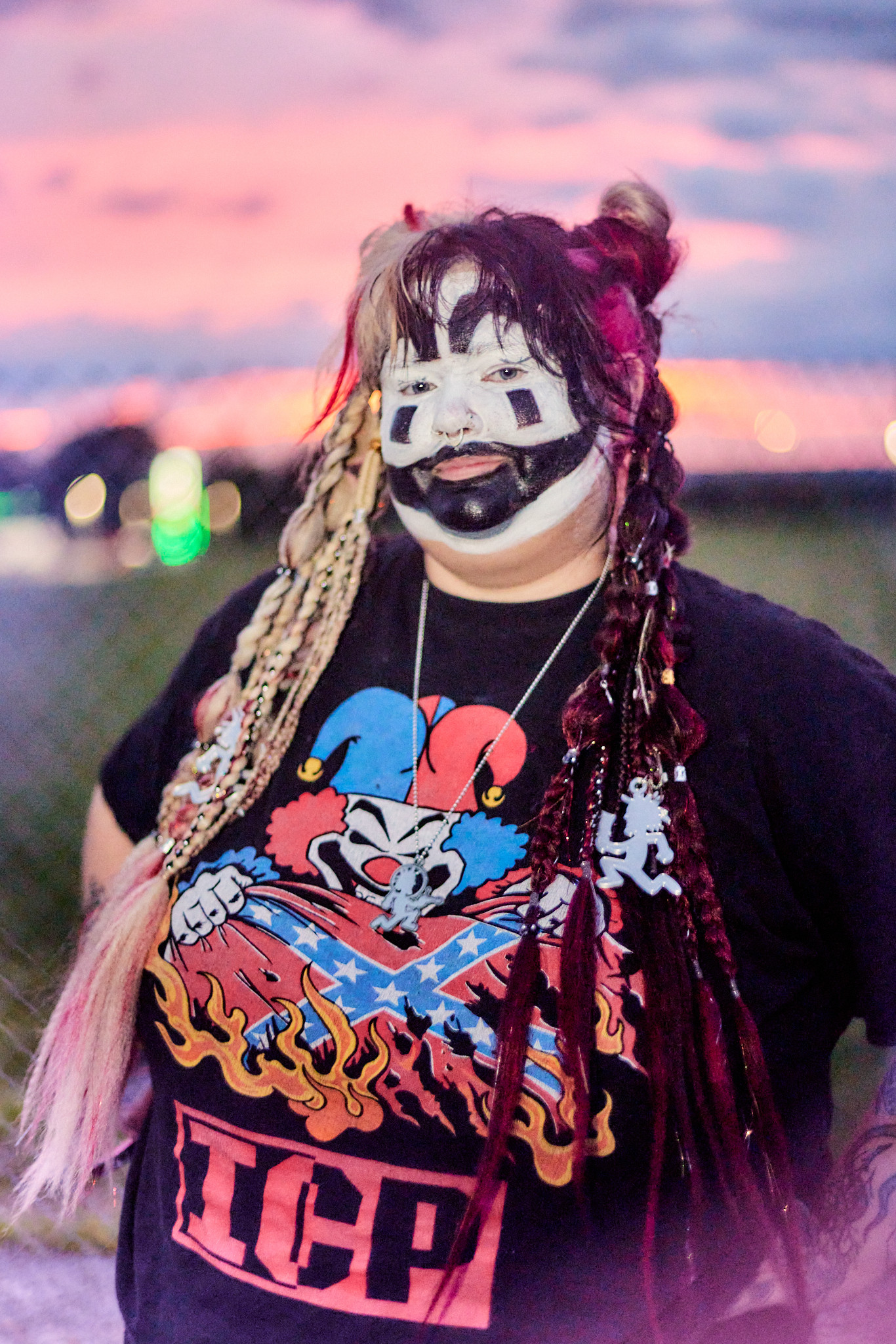 Emily showcasing her face paint before Ouija Macc’s set on Friday night, highlighting the artistic and expressive face paint tradition within the Juggalo family.
Emily showcasing her face paint before Ouija Macc’s set on Friday night, highlighting the artistic and expressive face paint tradition within the Juggalo family.
Arriving at the Gathering, I knew Emily. Contacted pre-Chicago through my IML photographer, she was camping near Kyle. A fellow journalist.
“Juggalos are everything punks wish they were,” Emily said. “Got into it in late elementary, early middle school, then freight-riding at 20. Never fit in punk scene, always felt isolated. Fat most of my life. Fat women celebrated here, unlike other subcultures. Punks preach anarchy, community, mutual aid… It happens, but for Juggalos, it’s more natural because of class. Many punks have sheltered views, haven’t considered others’ experiences. Juggalos are true working class. Mutual aid starts there. That’s why this group functions as a family.” This working-class solidarity, this genuine mutual support, is the foundation of the family Juggalo.
Insane Clown Posse’s wildness and profanity obscure the positive community they’ve fostered. Persecution and derision have tightened fan bonds. ICP songs range in tone – “Juggalo Juice” is Faygo-goofy, “Your Rebel Flag” disavows racism – but all reinforce Juggalo values and connections. Despite external negativity, the Juggalo family thrives.
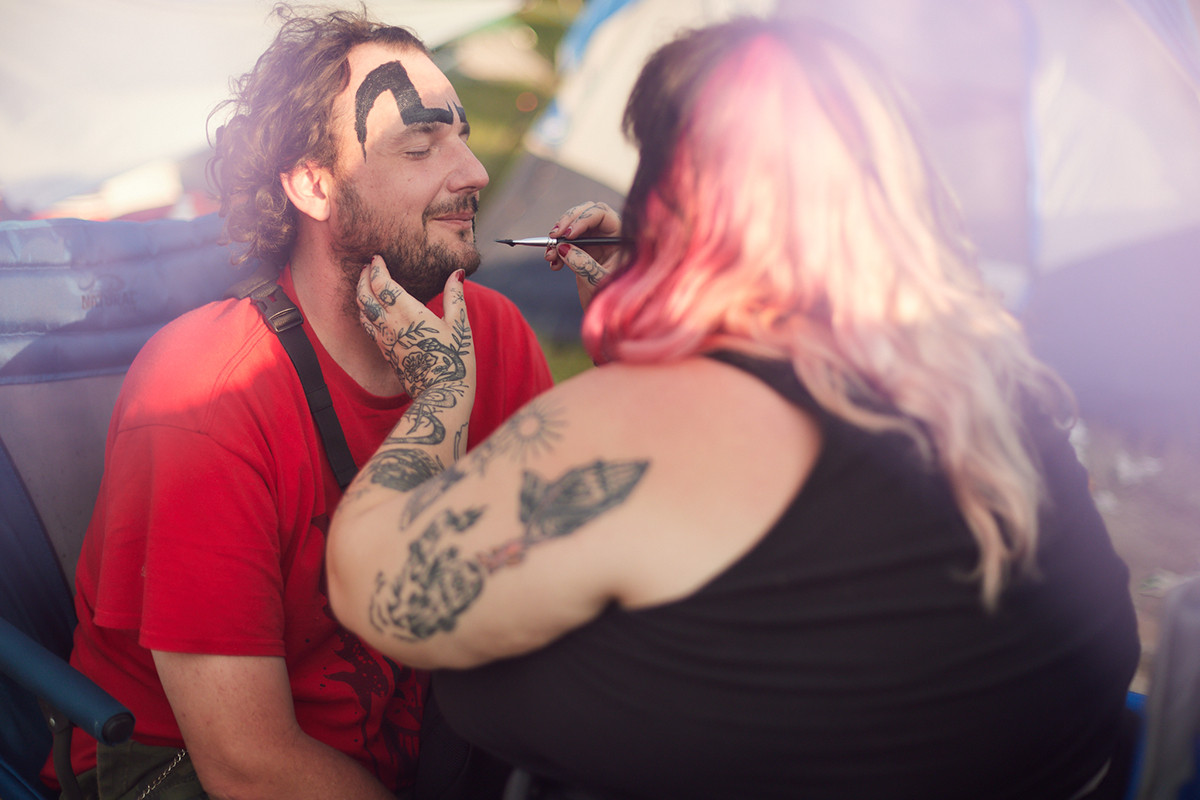 Emily painting a friend’s face on Friday evening, demonstrating the collaborative and supportive nature of the Juggalo community.
Emily painting a friend’s face on Friday evening, demonstrating the collaborative and supportive nature of the Juggalo community.
ICP apologized for early homophobic lyrics, celebrating queer fans now. Violent J’s furry daughter is supported; he’s defended her in ICP’s Snakebusters videos and attended a furry convention. ICP food drives encourage quality donations, not just unwanted items. This inclusivity and genuine care extend throughout the Juggalo family.
The 2010 ICP “Miracles” video (https://www.youtube.com/watch?v=8GyVx28R9-s) meme (“Fuckin’ magnets: How do they work?”) is silly, but sincere. Its openness and curiosity mirror Juggalo welcome to good-faith newcomers. They embody freedom, blending punk anti-authoritarianism with rave PLUR (peace, love, unity, respect). Freedom through uninhibited self-expression and mutual support. Sometimes it’s boxing, sometimes taking a punch. Ultimately, it’s all love – much muthafuckin’ wicked clown love, the unbreakable bond of the family Juggalo.
Related
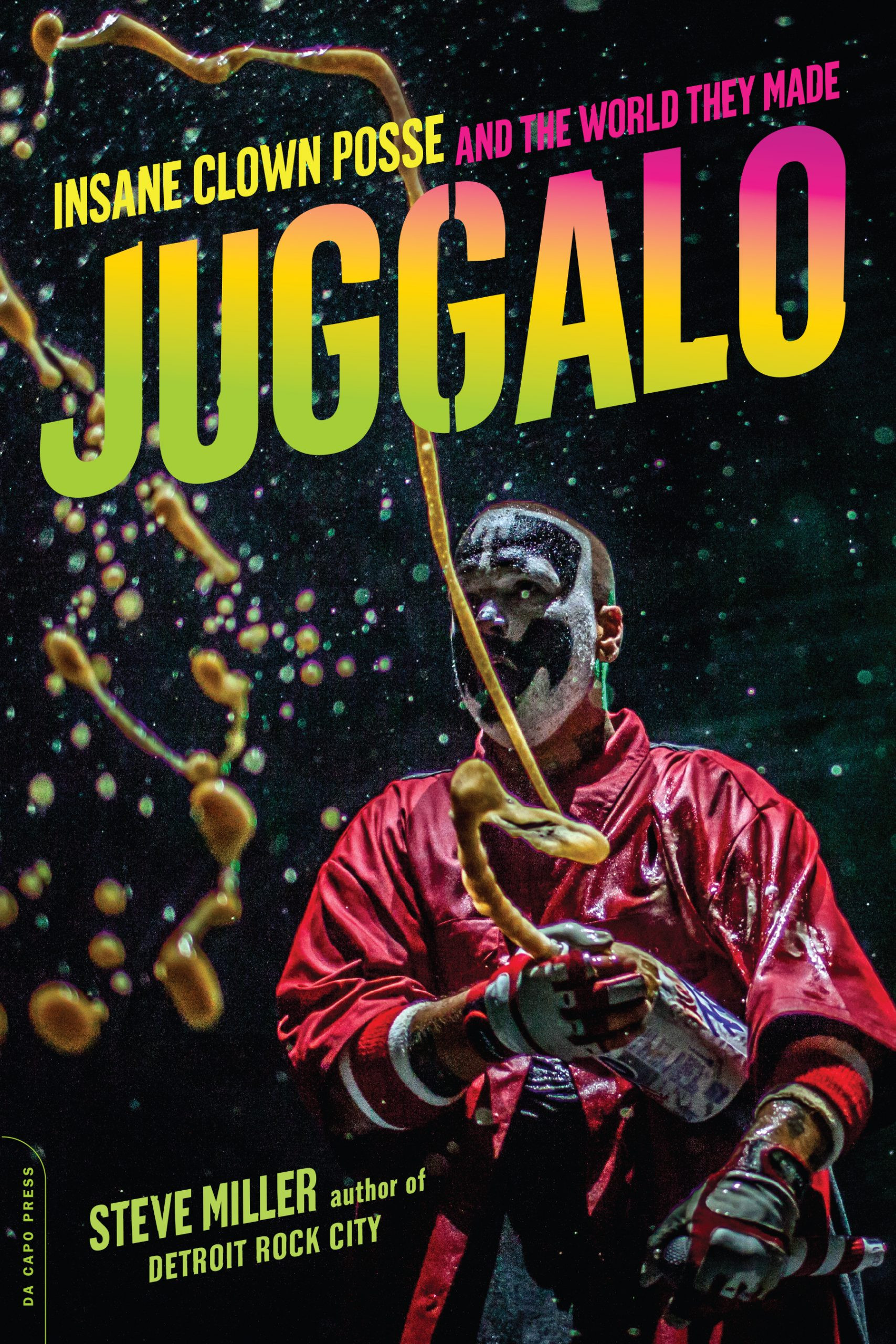 The story of Insane Clown Posse is crying out for a thoughtful book, but the new Juggalo isn’t it
The story of Insane Clown Posse is crying out for a thoughtful book, but the new Juggalo isn’t it
The story of Insane Clown Posse is crying out for a thoughtful book, but the new Juggalo isn’t it
by Leor Galil
Reader Recommends: CONCERTS
Upcoming shows to have on your radar.
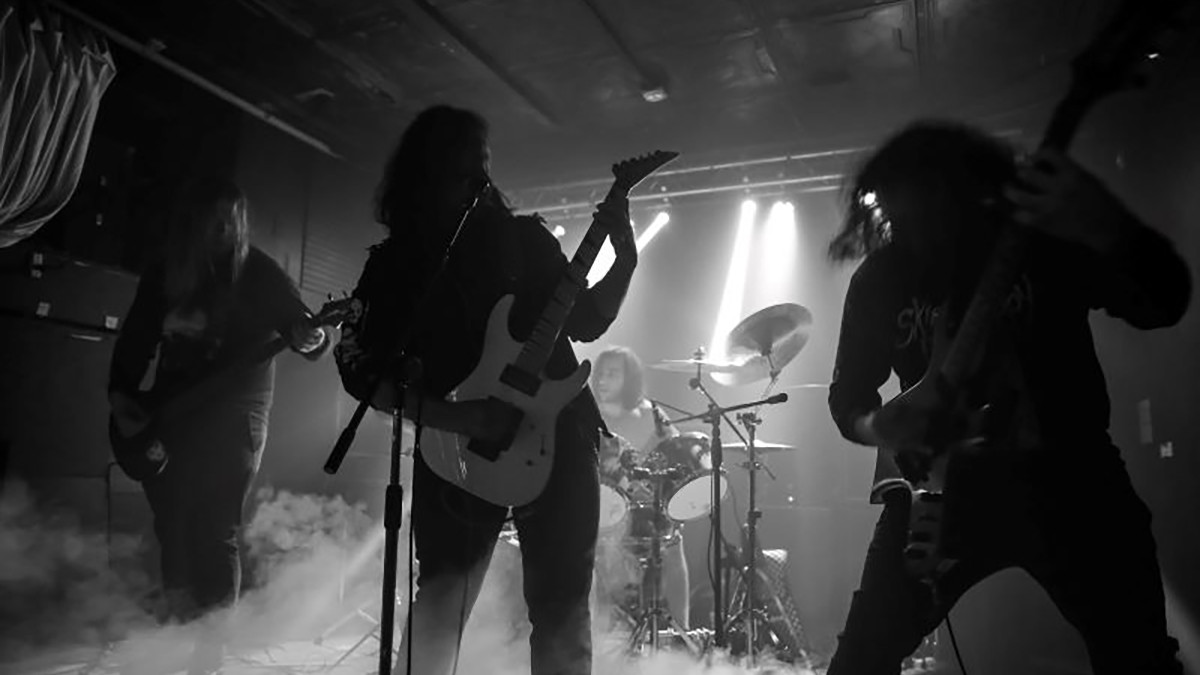 Lurid ready a new album of triumphant blackened death metal
Lurid ready a new album of triumphant blackened death metal
Lurid ready a new album of triumphant blackened death metal
Sat 3/1 at Live Wire Lounge
[ 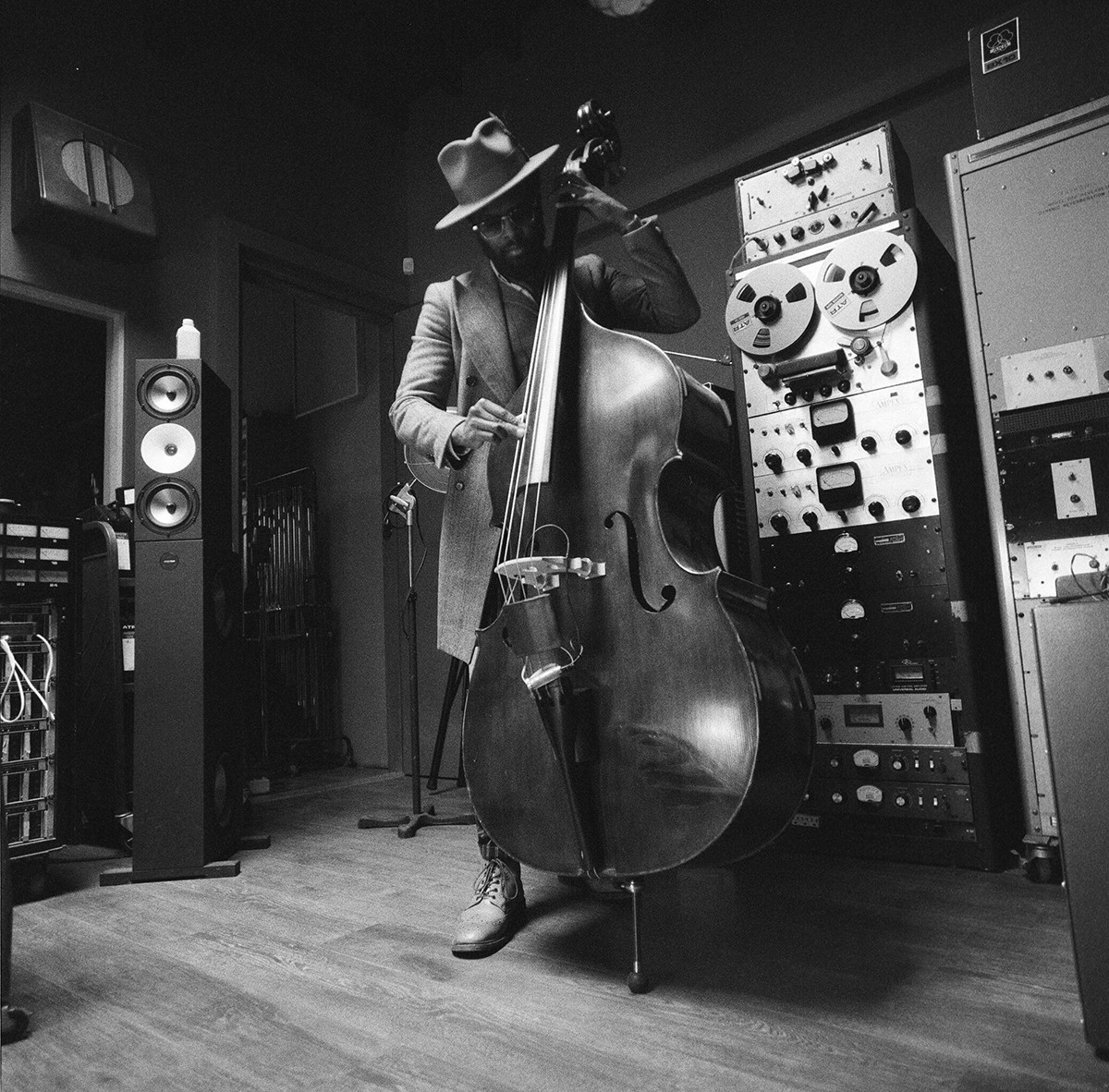{width=1200 height=1182} ](https://chicagoreader.com/music/adrian-younge-empty-bottle/)Adrian Younge connects the dots between decades of Black style, history, and music
Wed 3/12 at Empty Bottle
[ 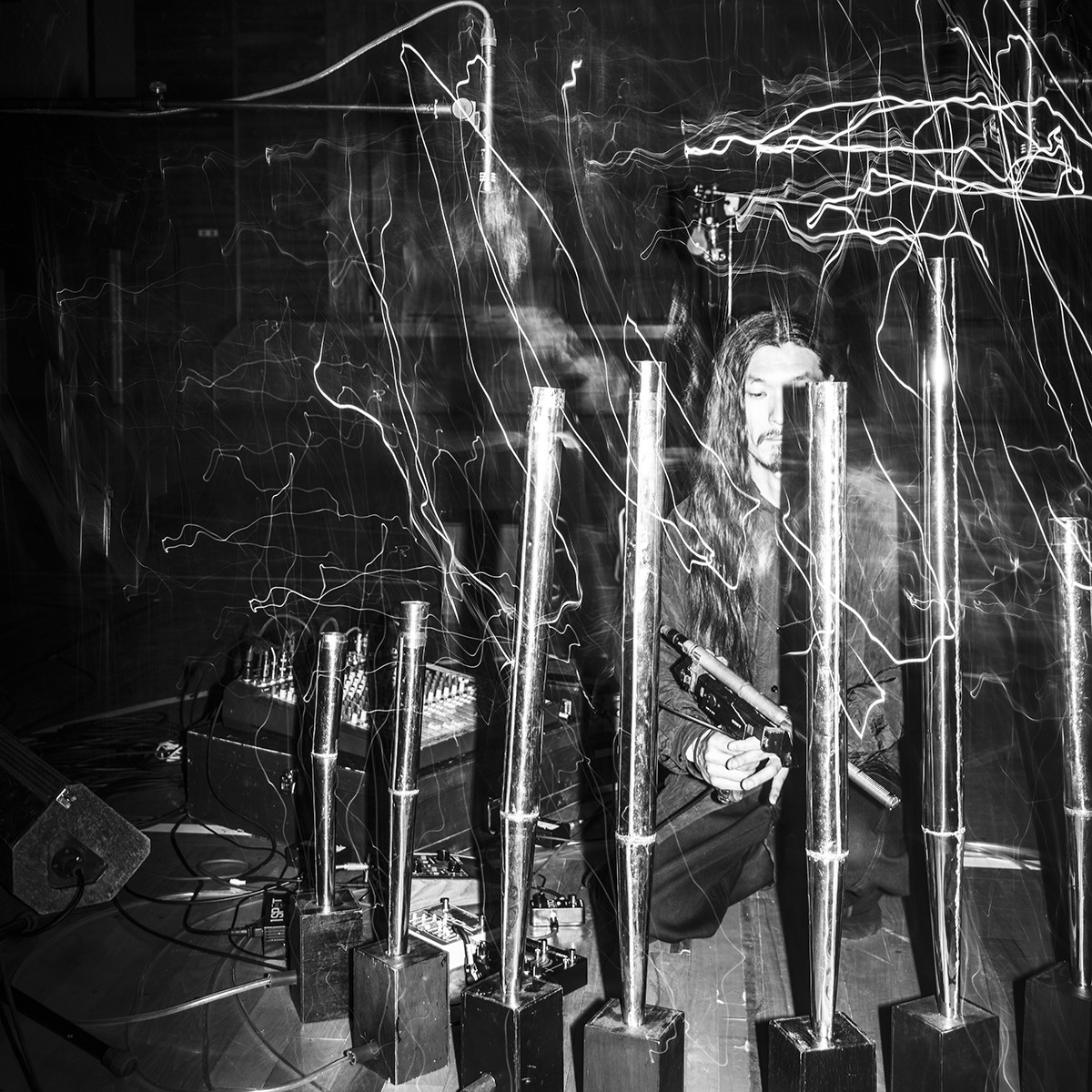{width=1200 height=1200} ](https://chicagoreader.com/music/fujita-constellation/)Japanese sound artist Fujita finds muses from nature to make unknown tones
Mon 3/10 at Constellation
[ 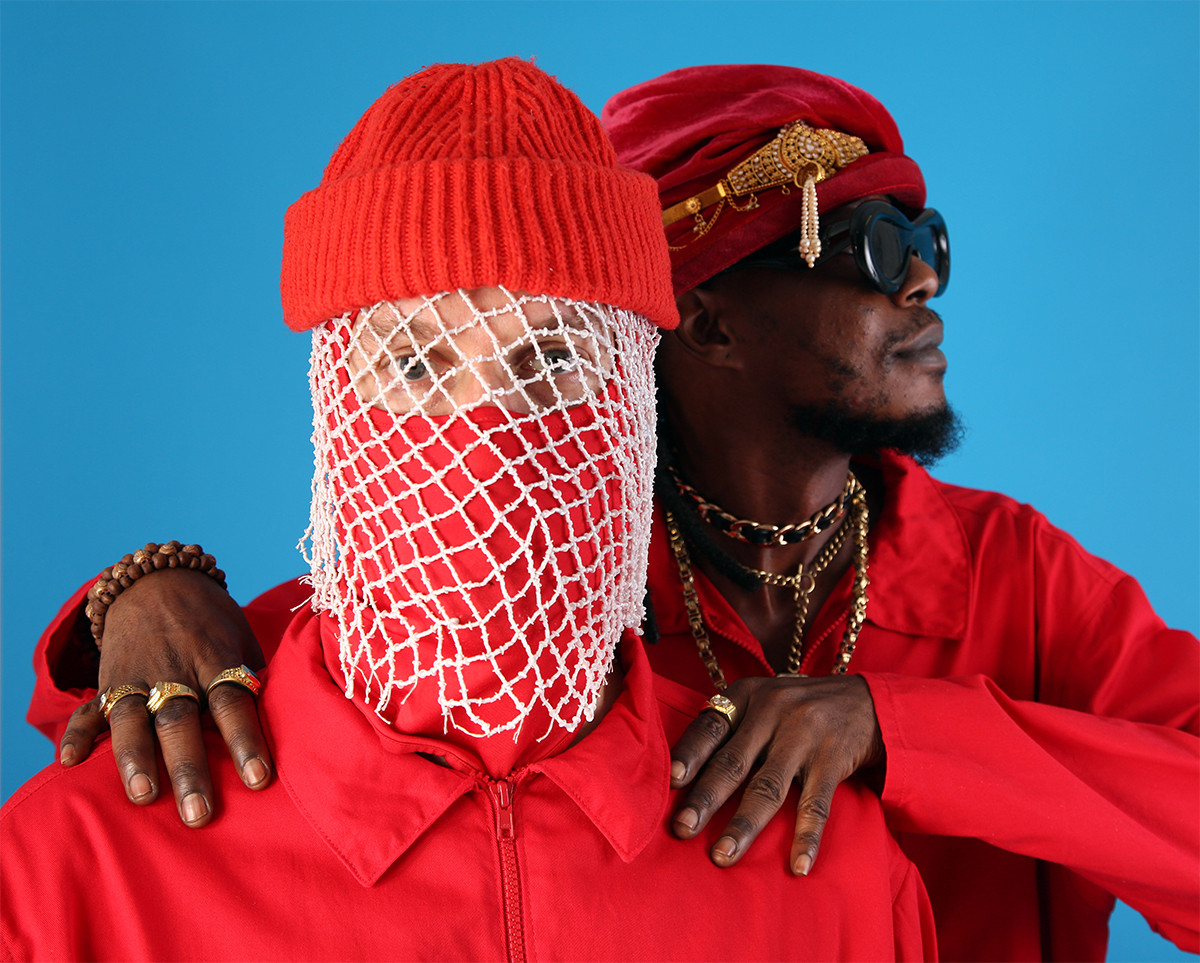{width=1200 height=963} ](https://chicagoreader.com/music/kokoko-empty-bottle-2/)Kinshasa electronic pop outfit Kokoko! will make you sweat
Sun 3/9 at Empty Bottle
[ 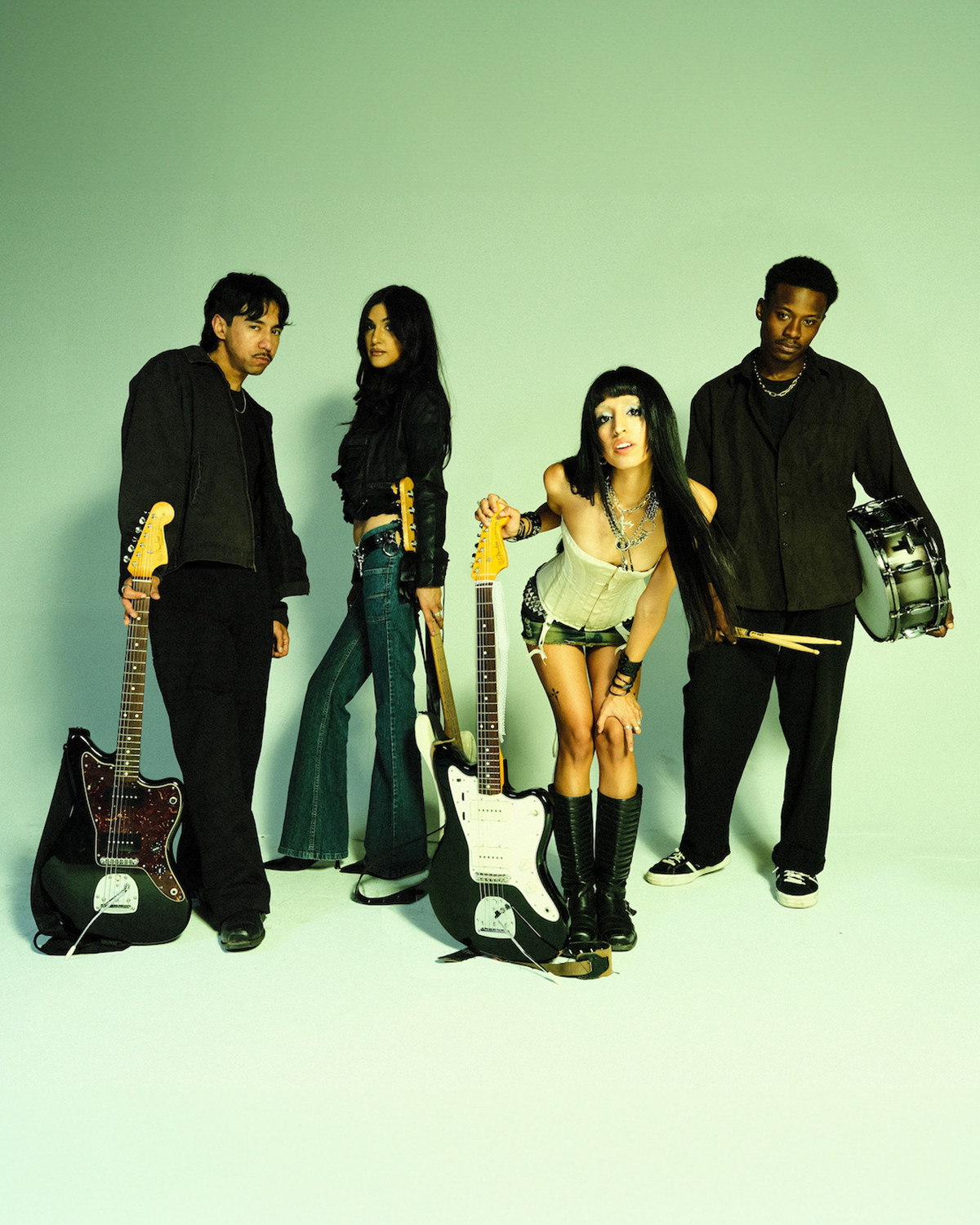{width=1200 height=1500} ](https://chicagoreader.com/music/glixen-schubas/)Phoenix band Glixen make shoegaze big enough to rip a hole in the atmosphere
Sun 3/9 at Schubas
[ 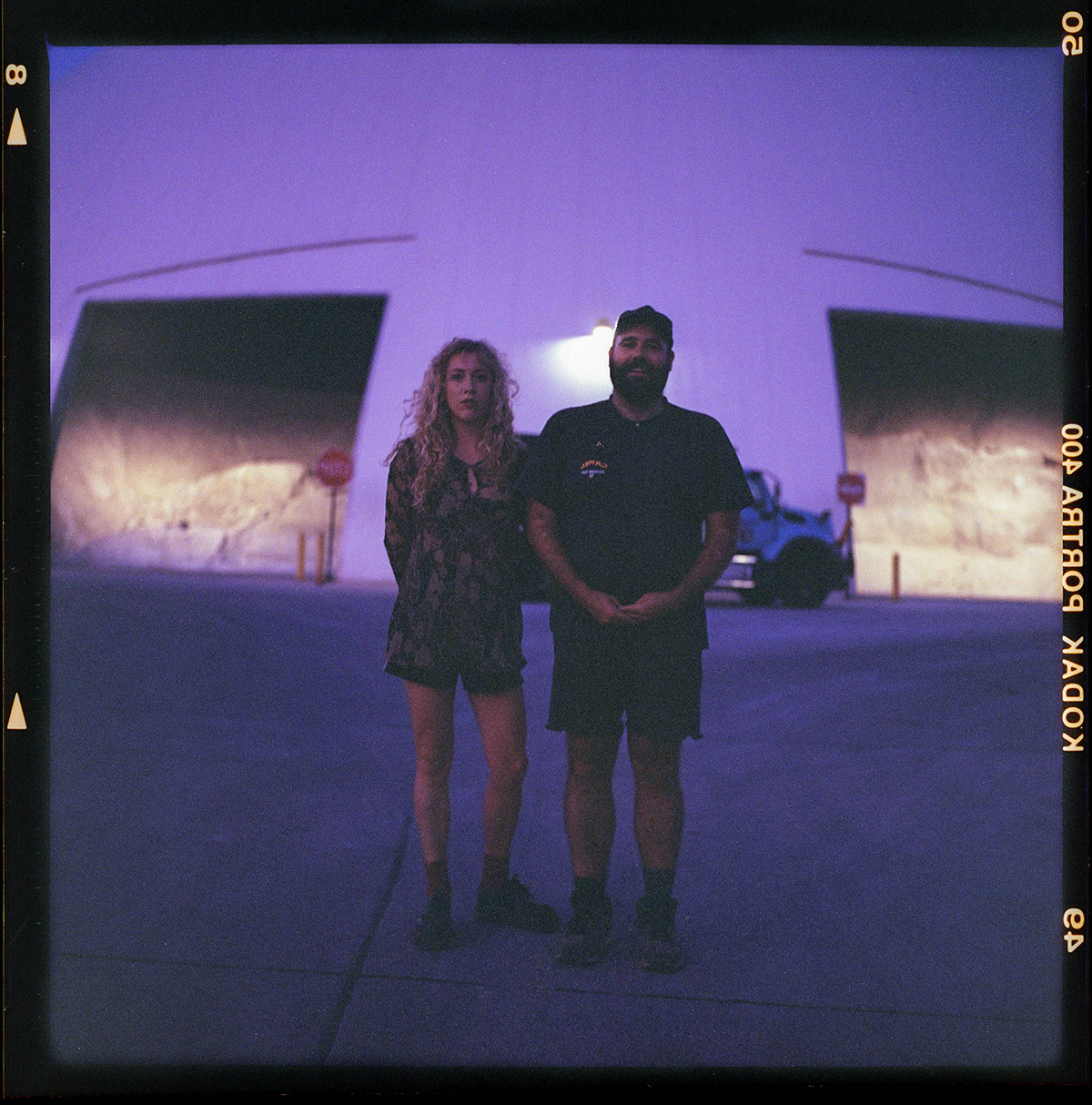{width=1200 height=1214} ](https://chicagoreader.com/music/tobacco-city-empty-bottle/)Chicago’s Tobacco City mature their resplendent Americana on Horses
Sat 3/8 at Empty Bottle

